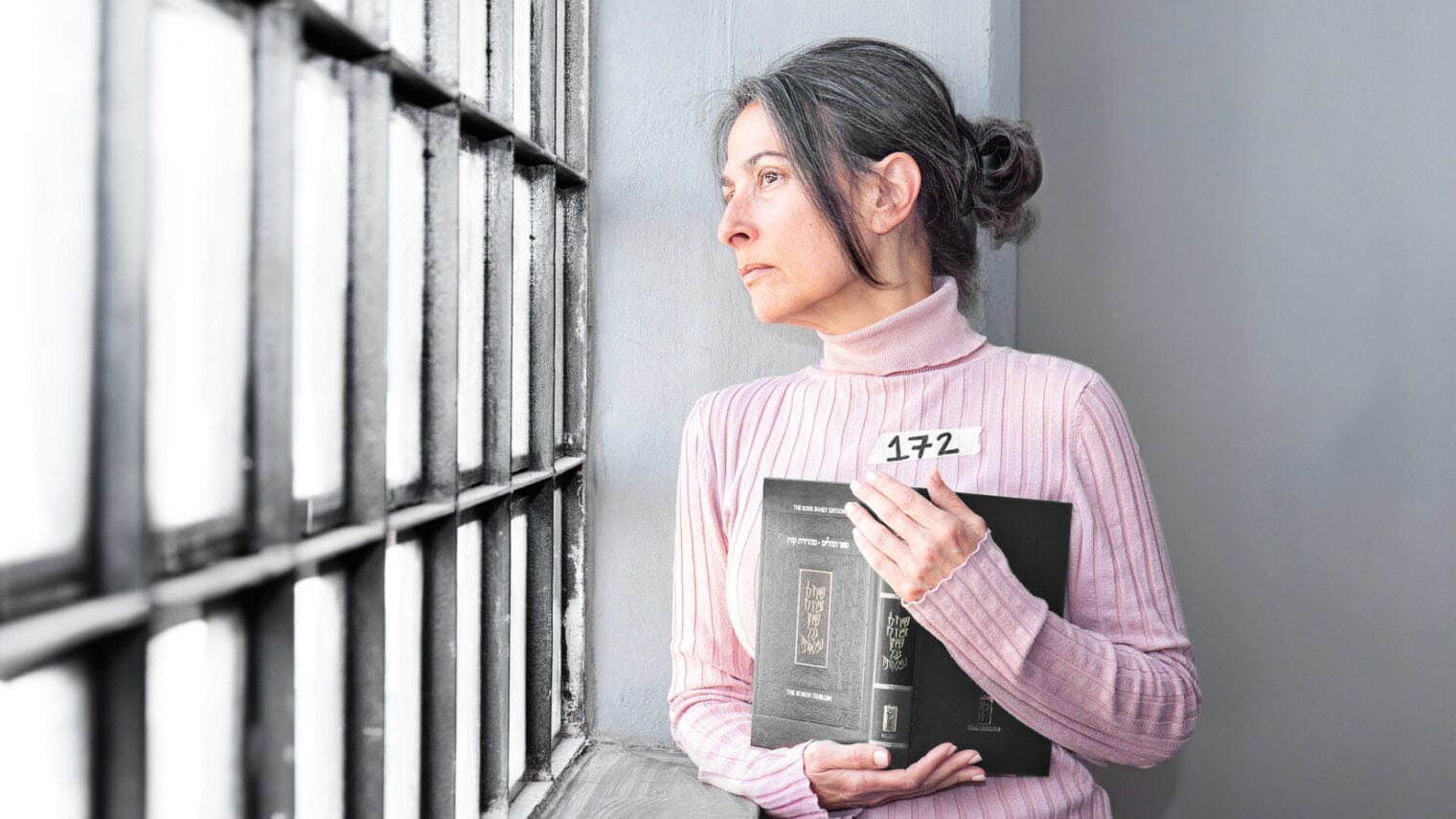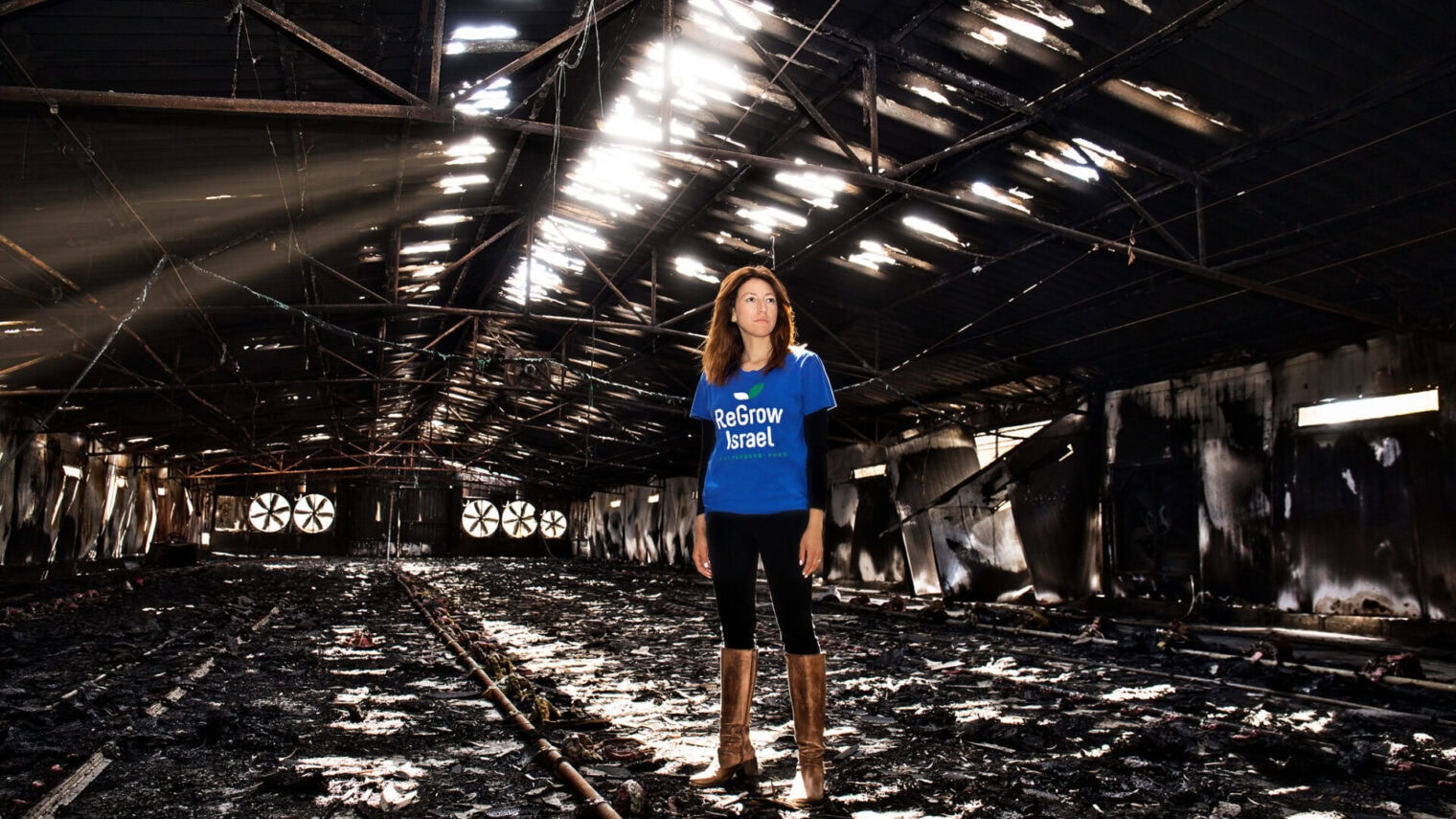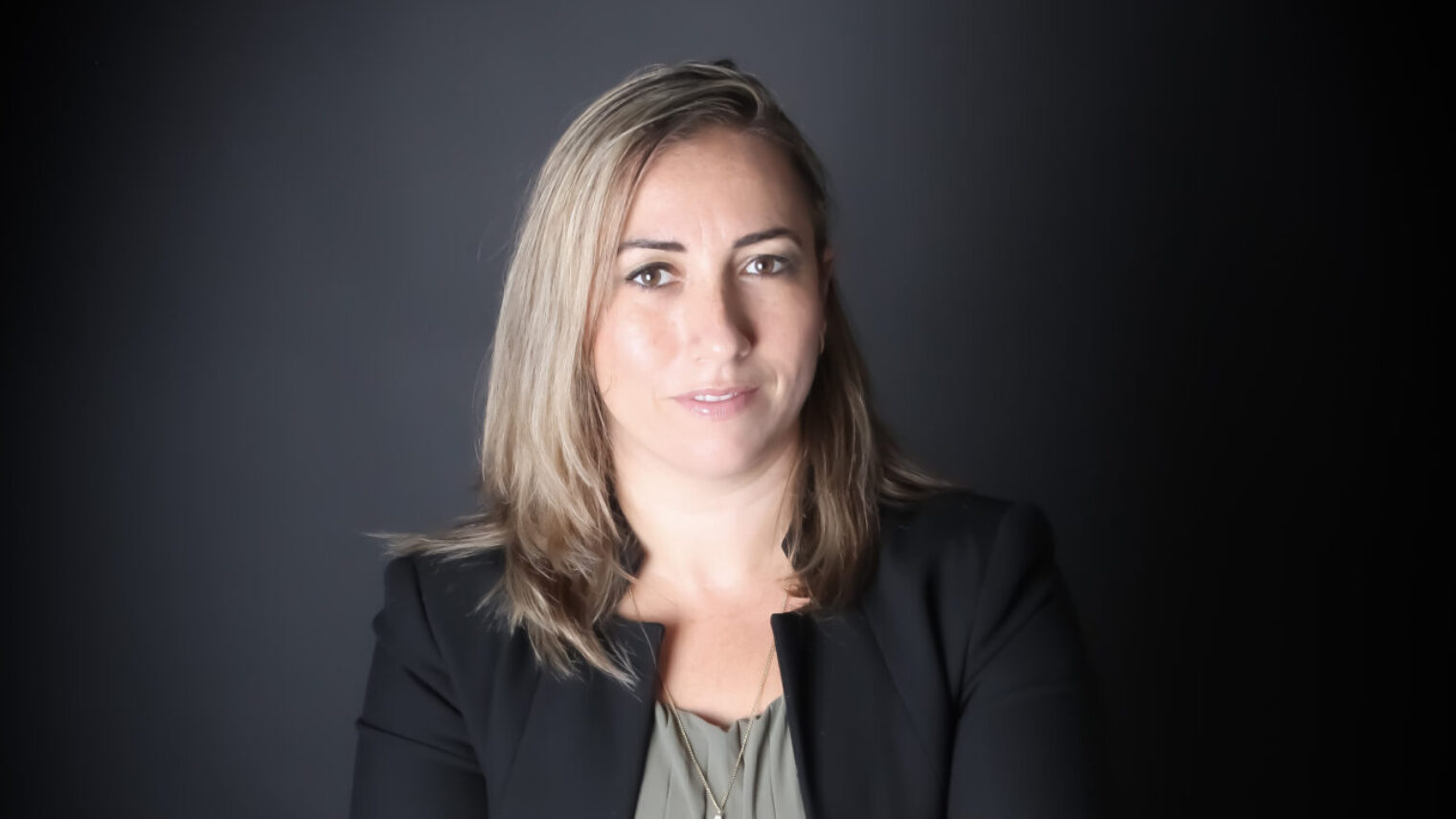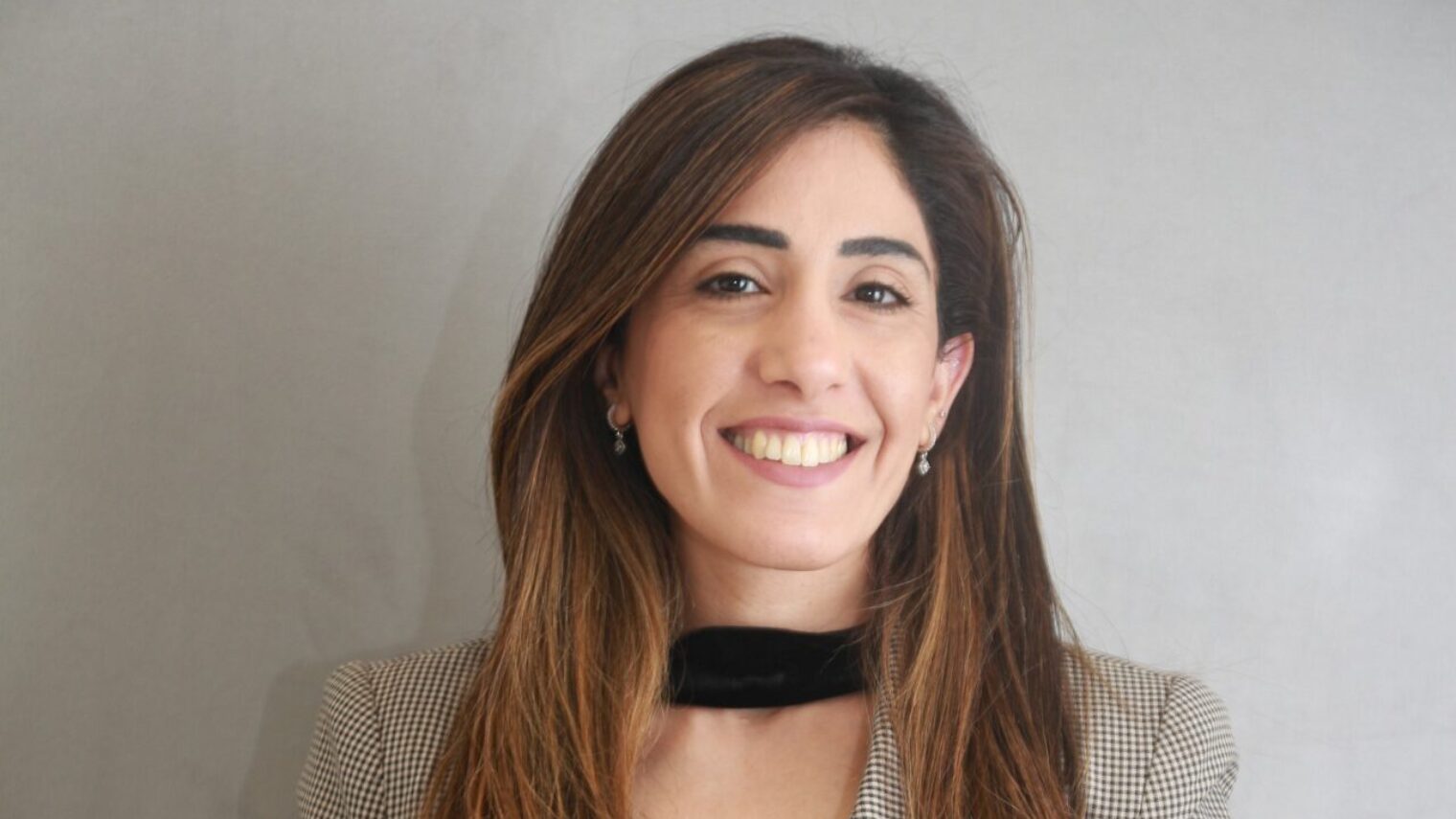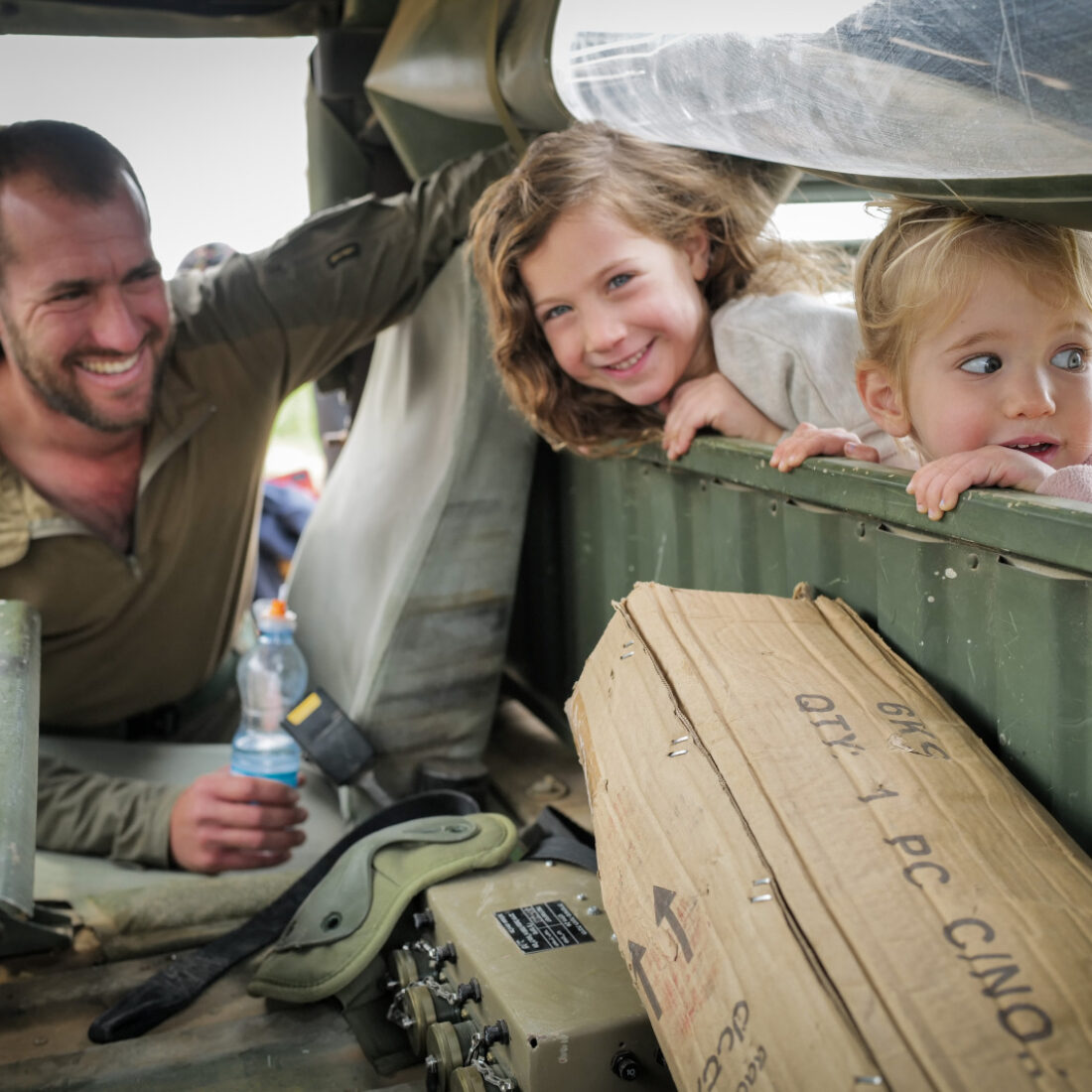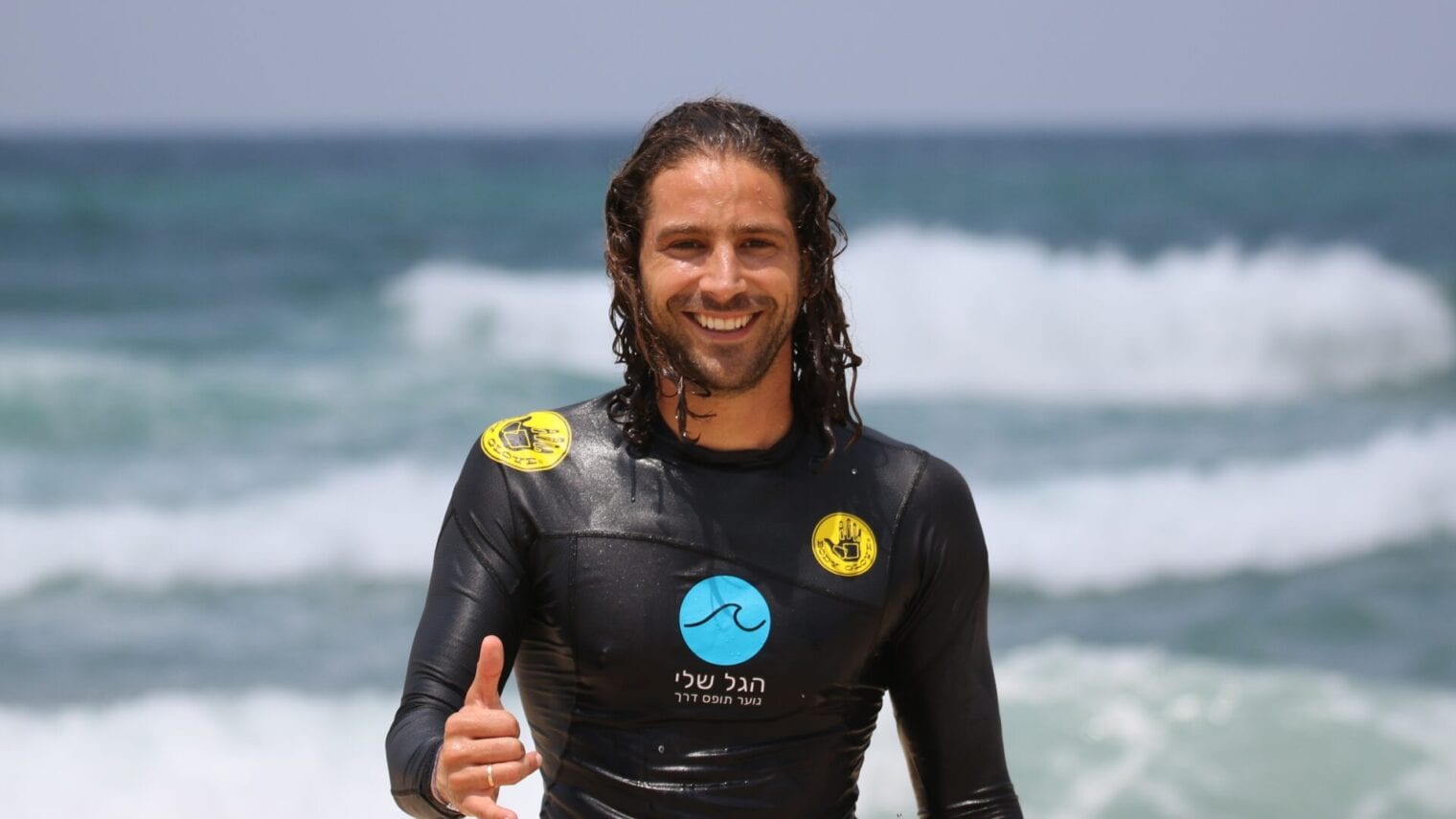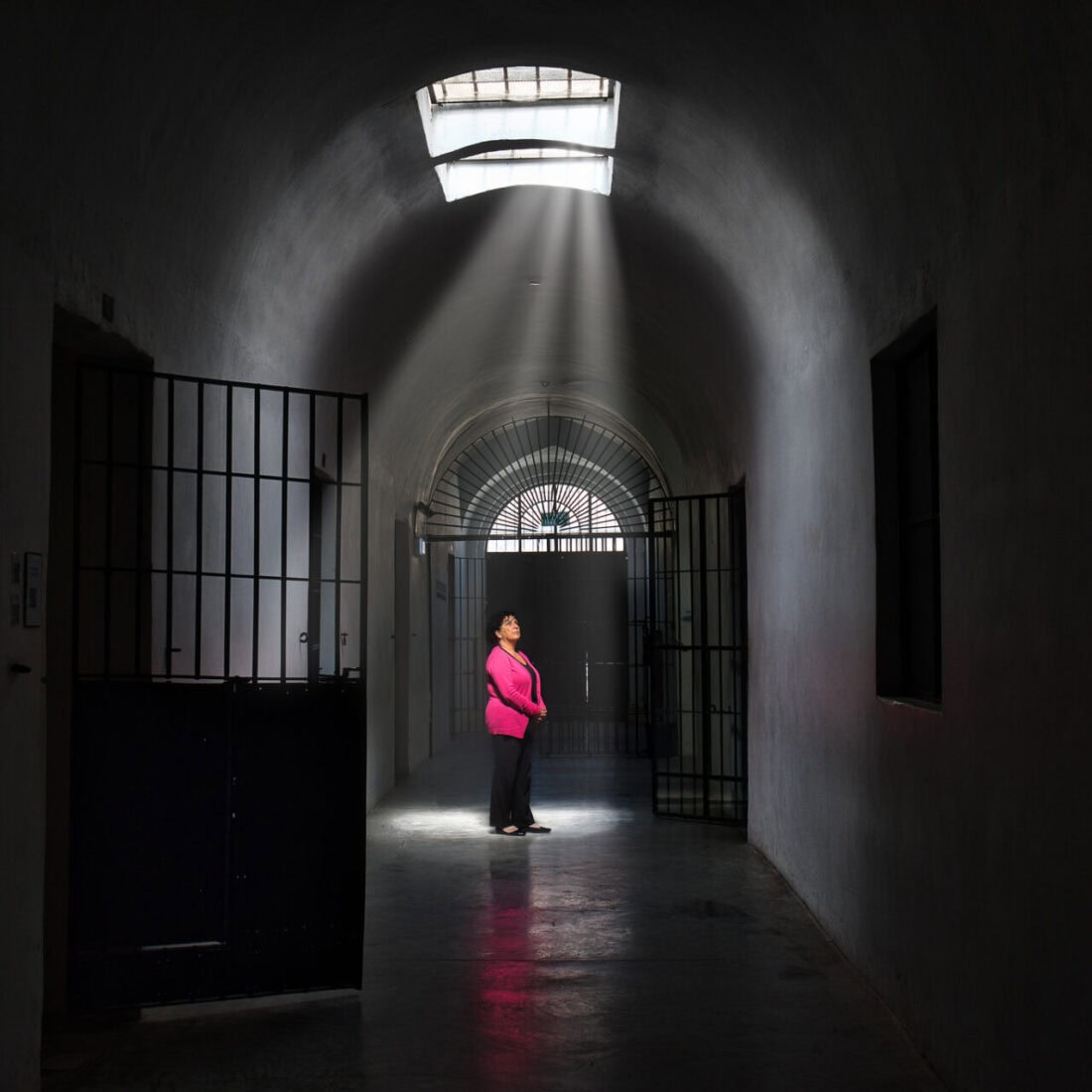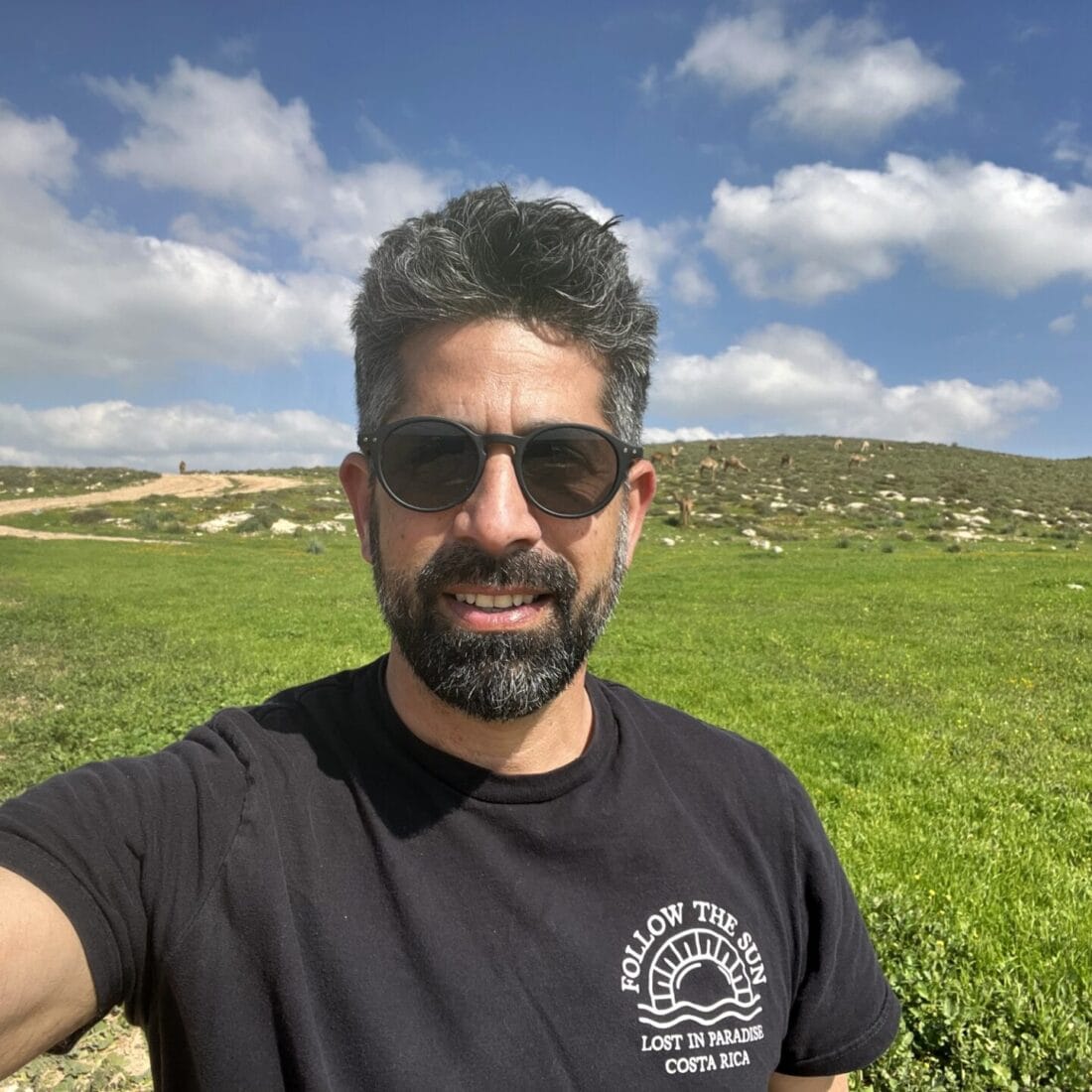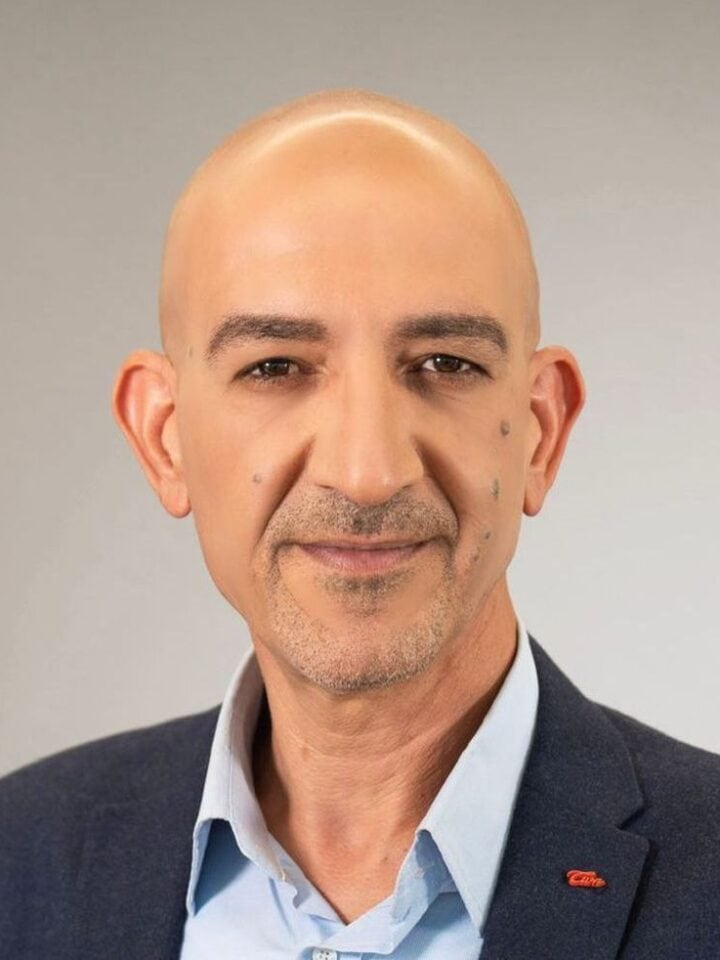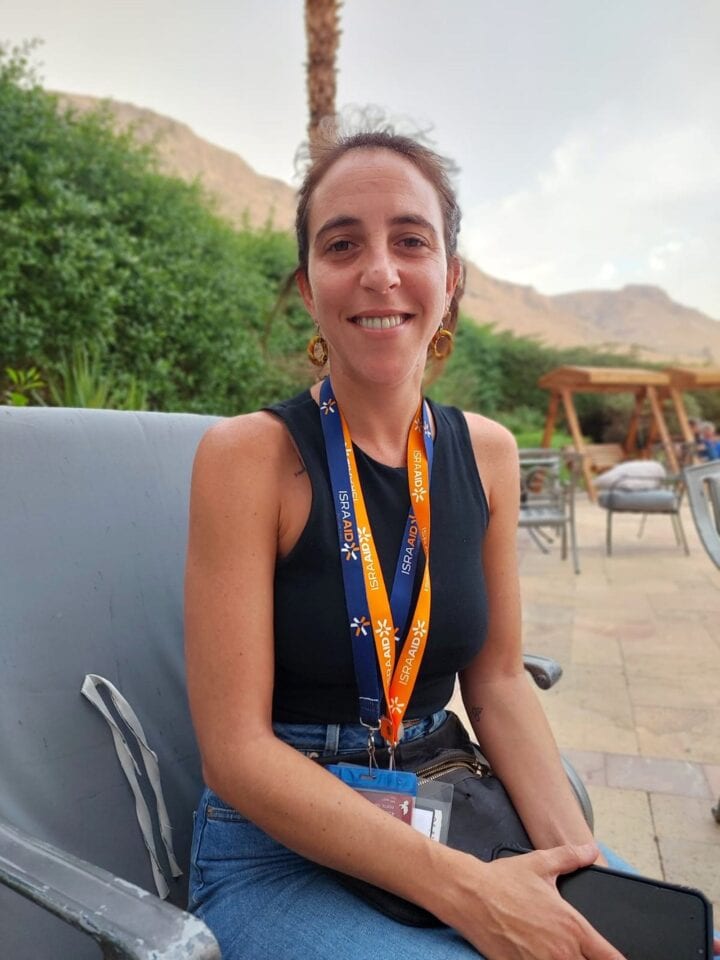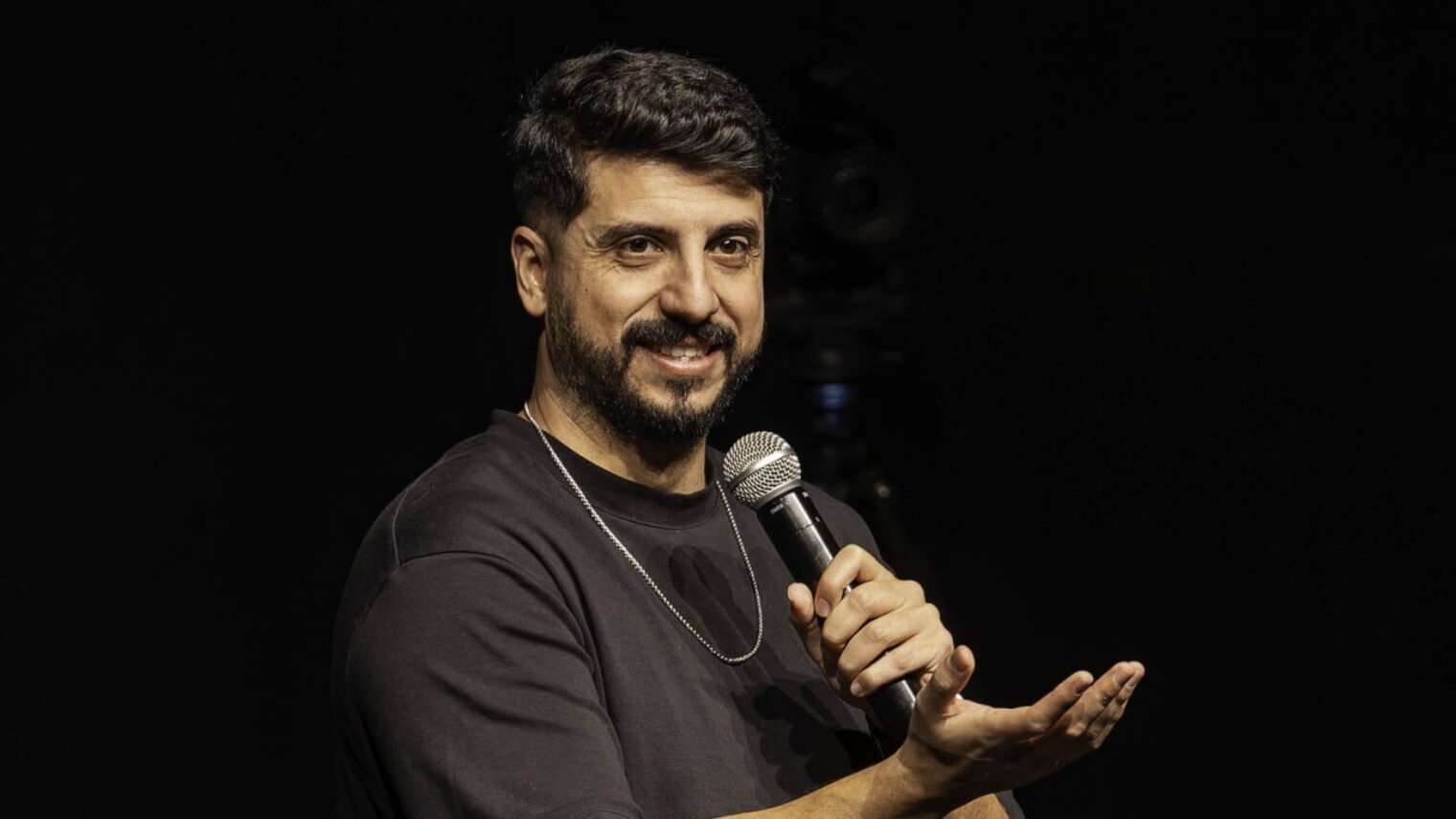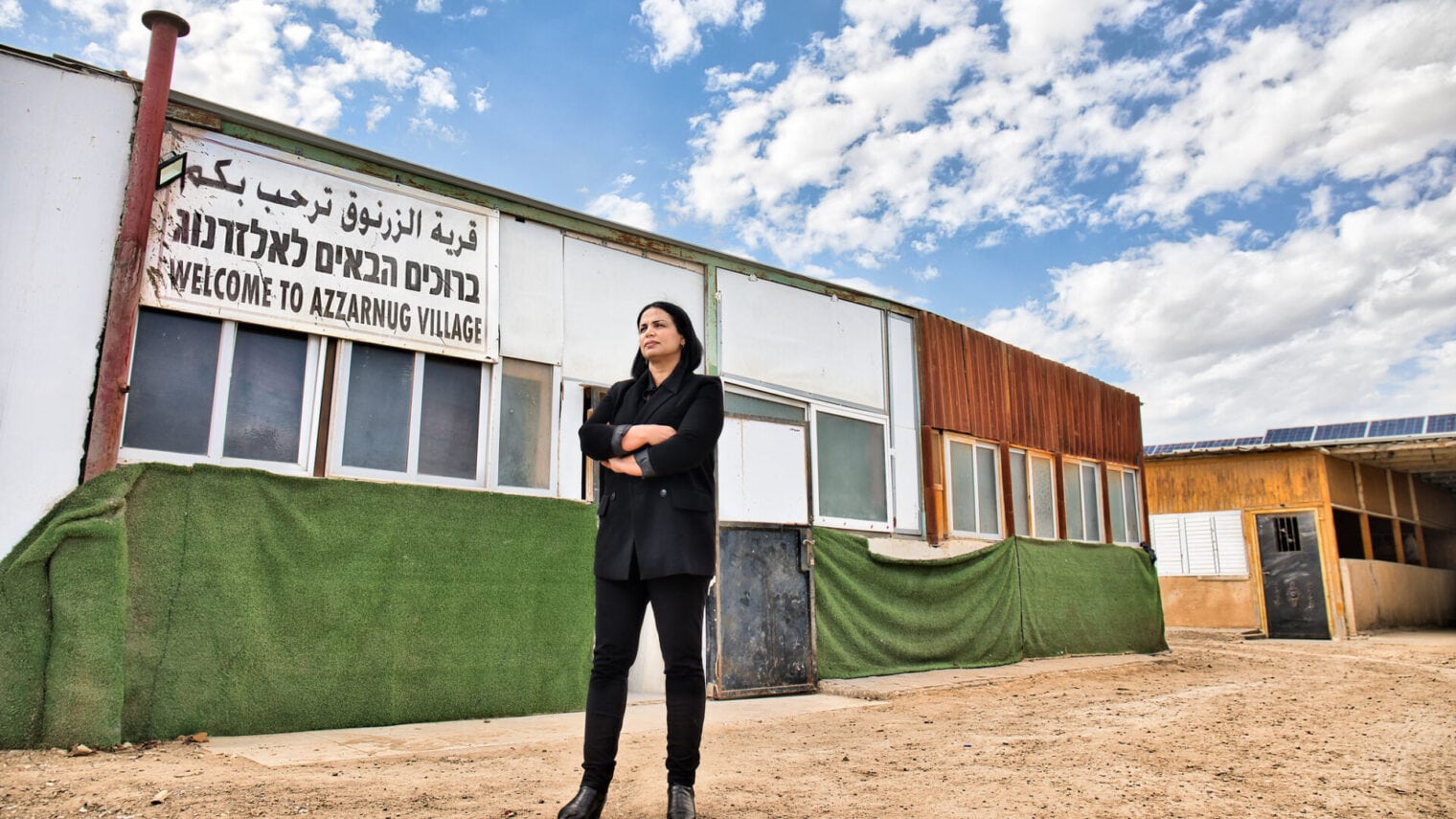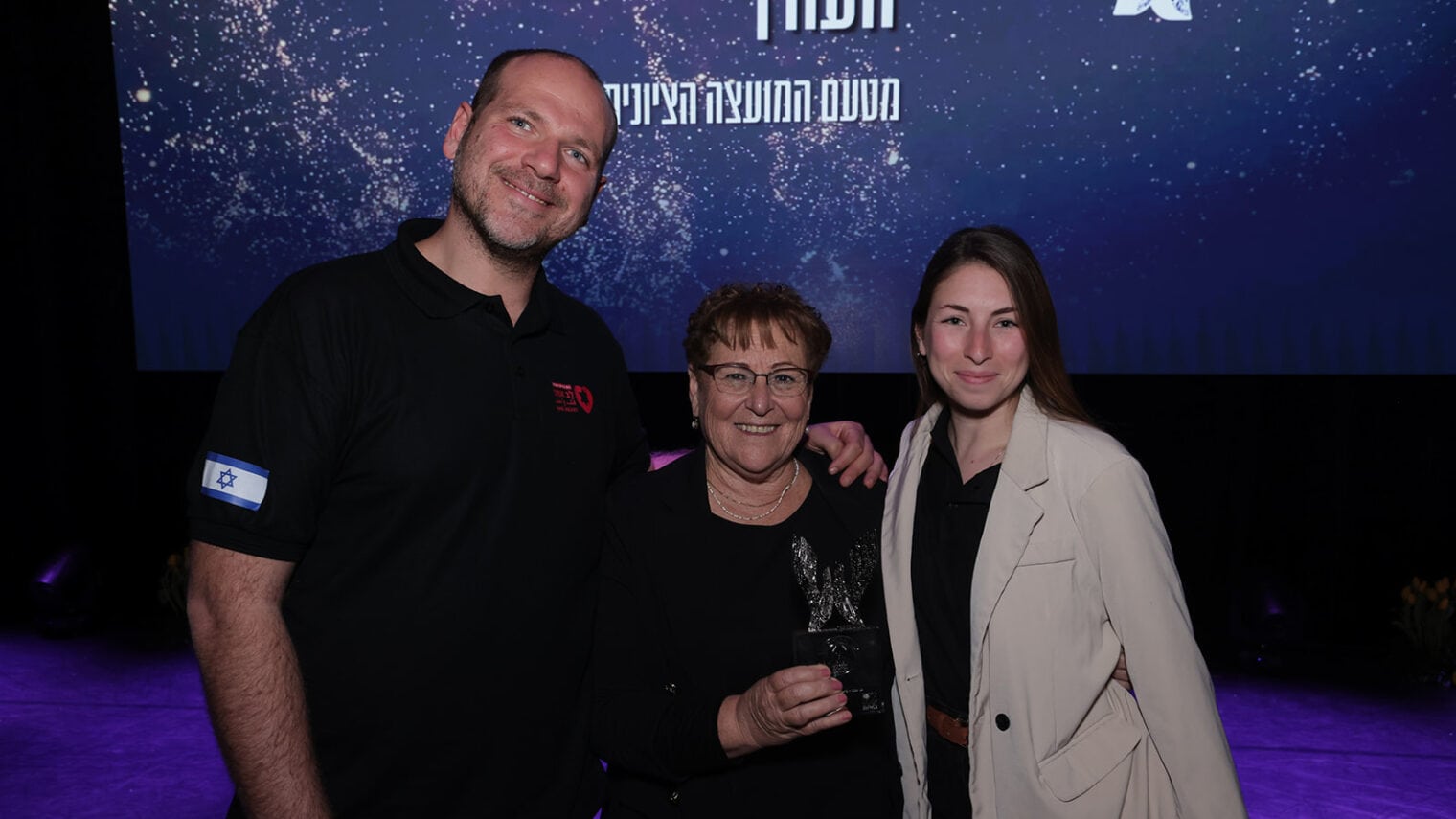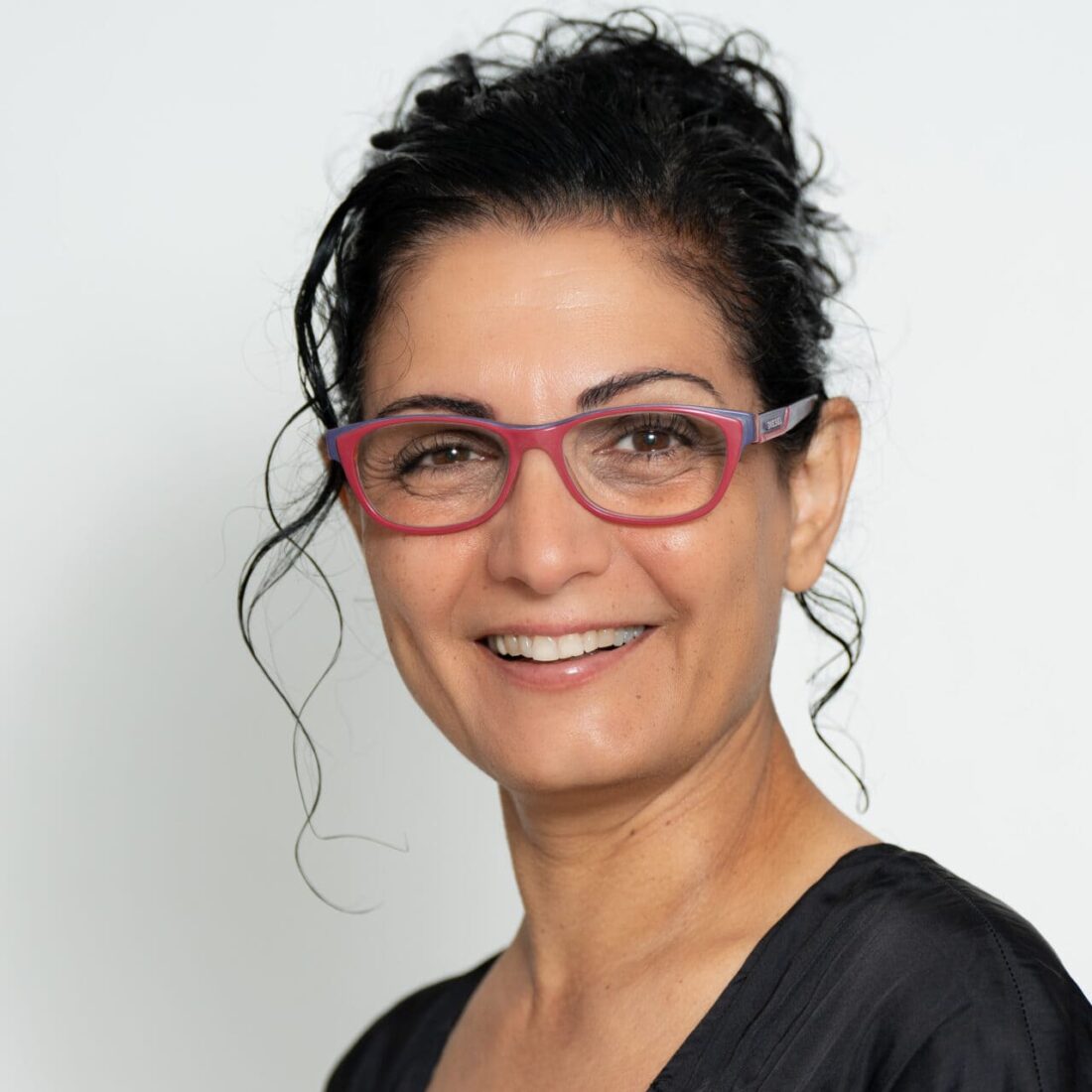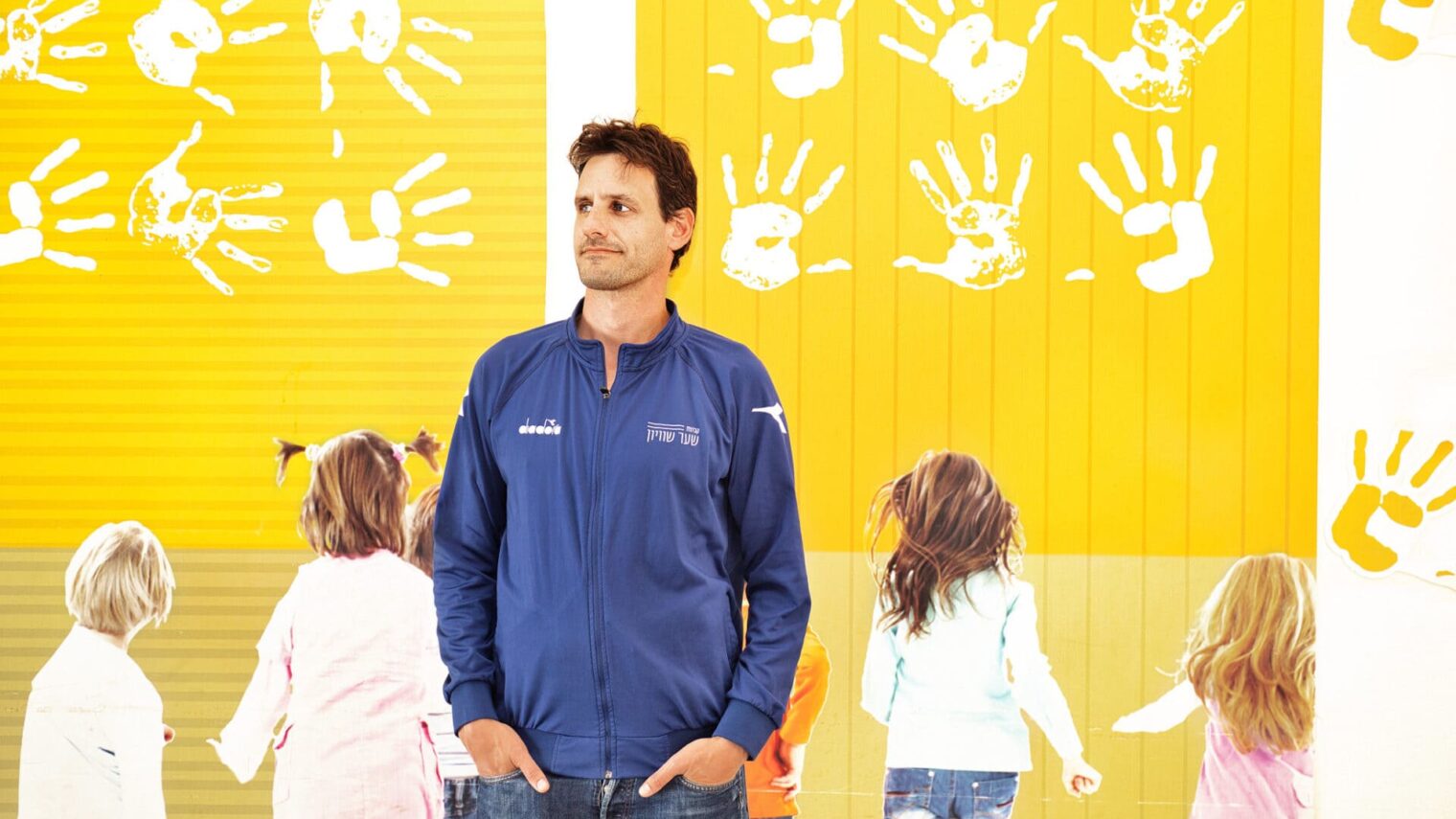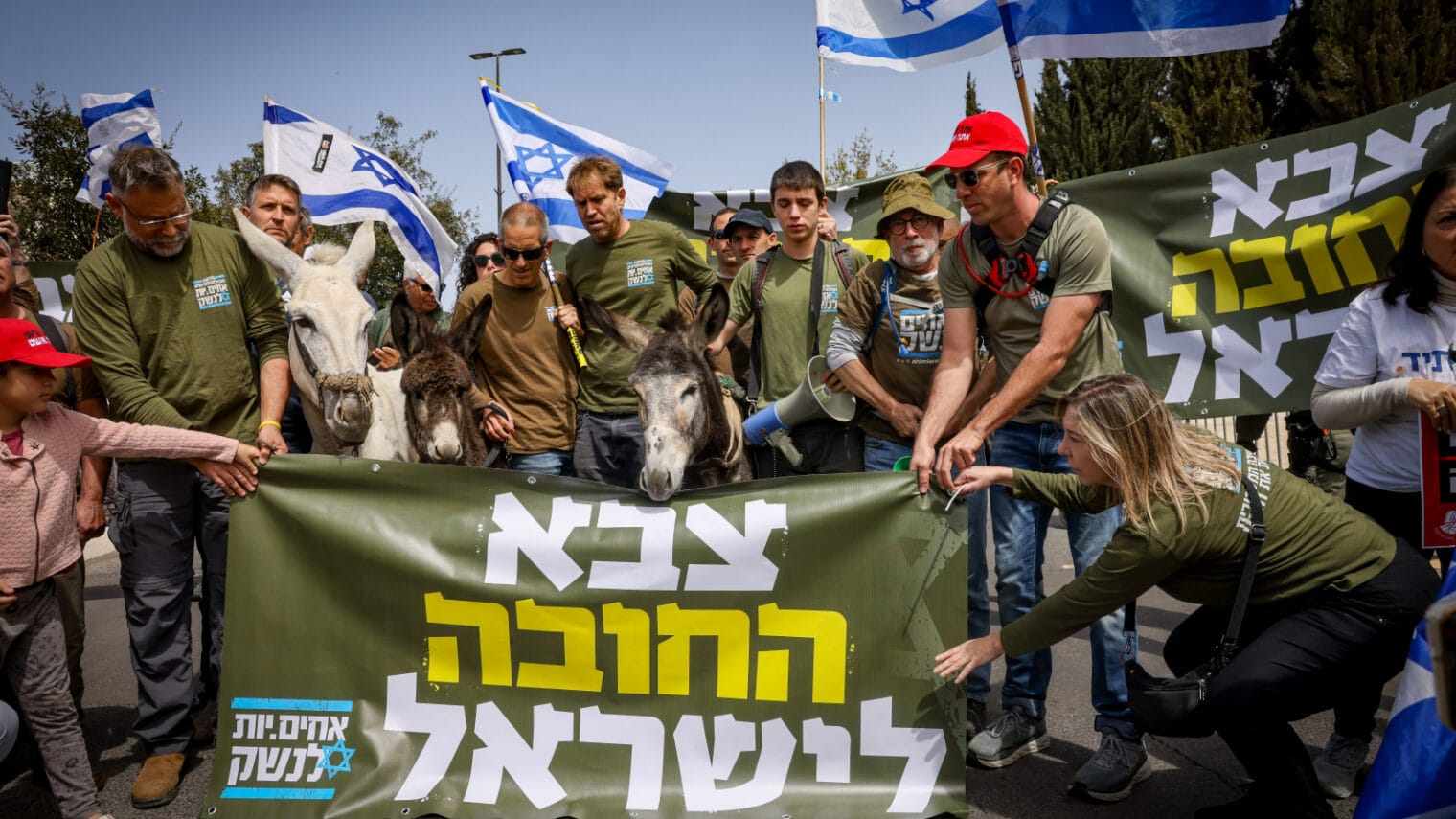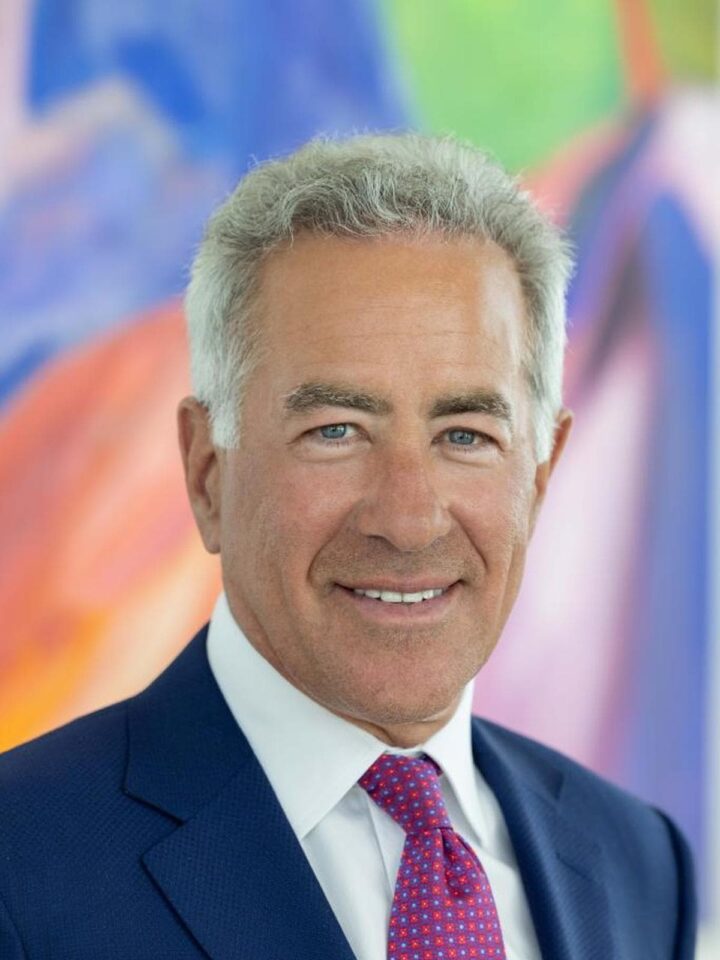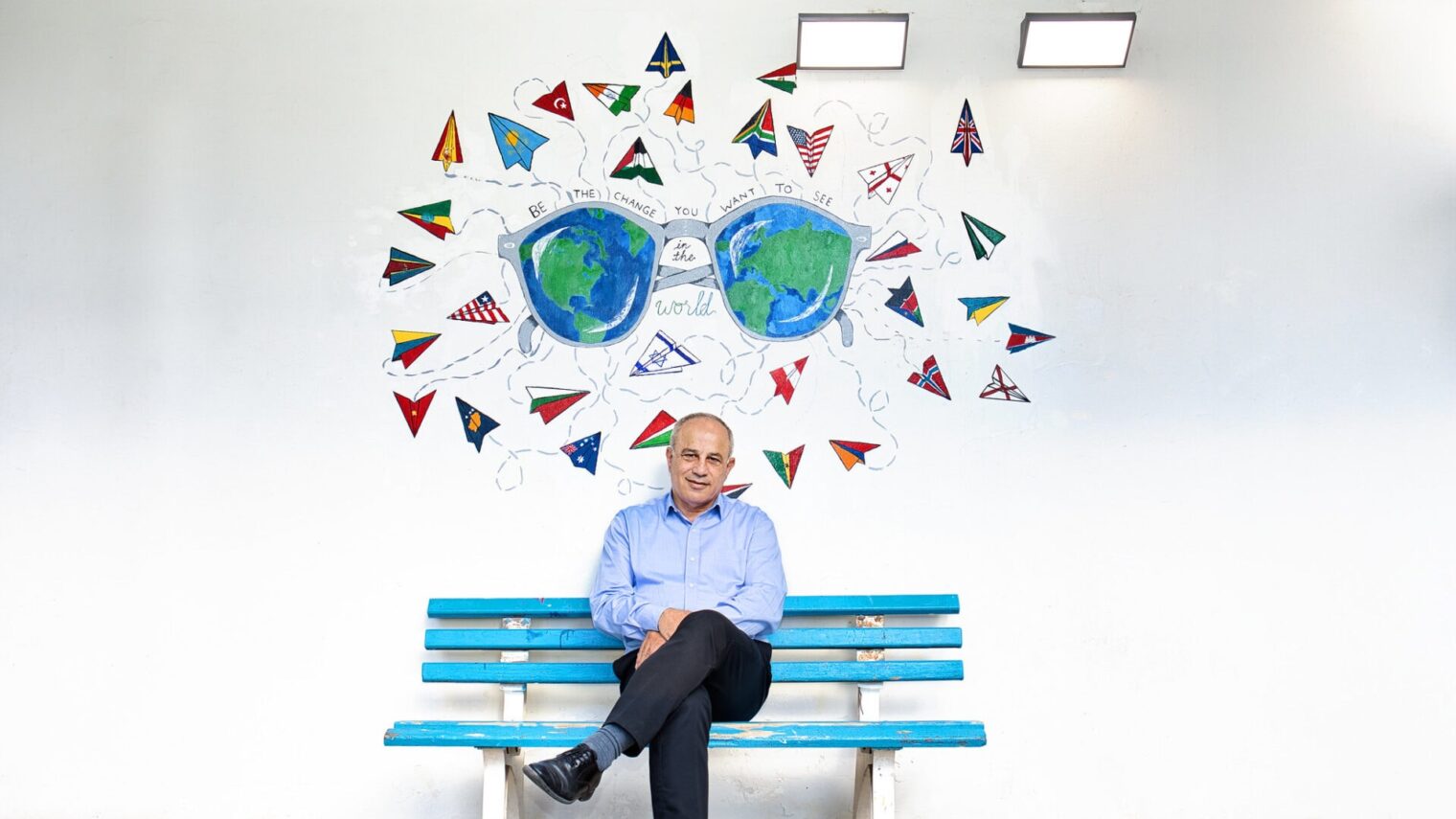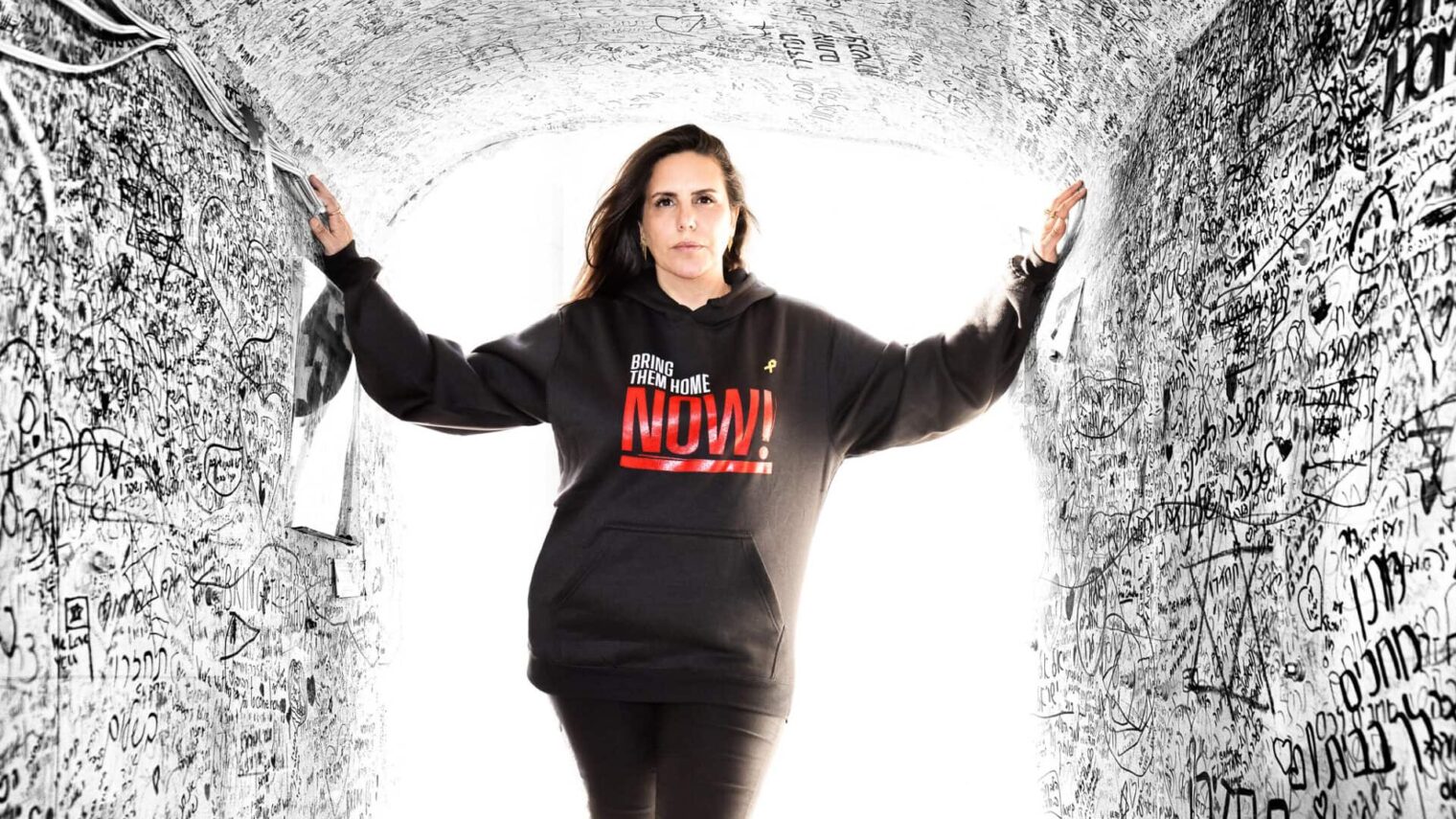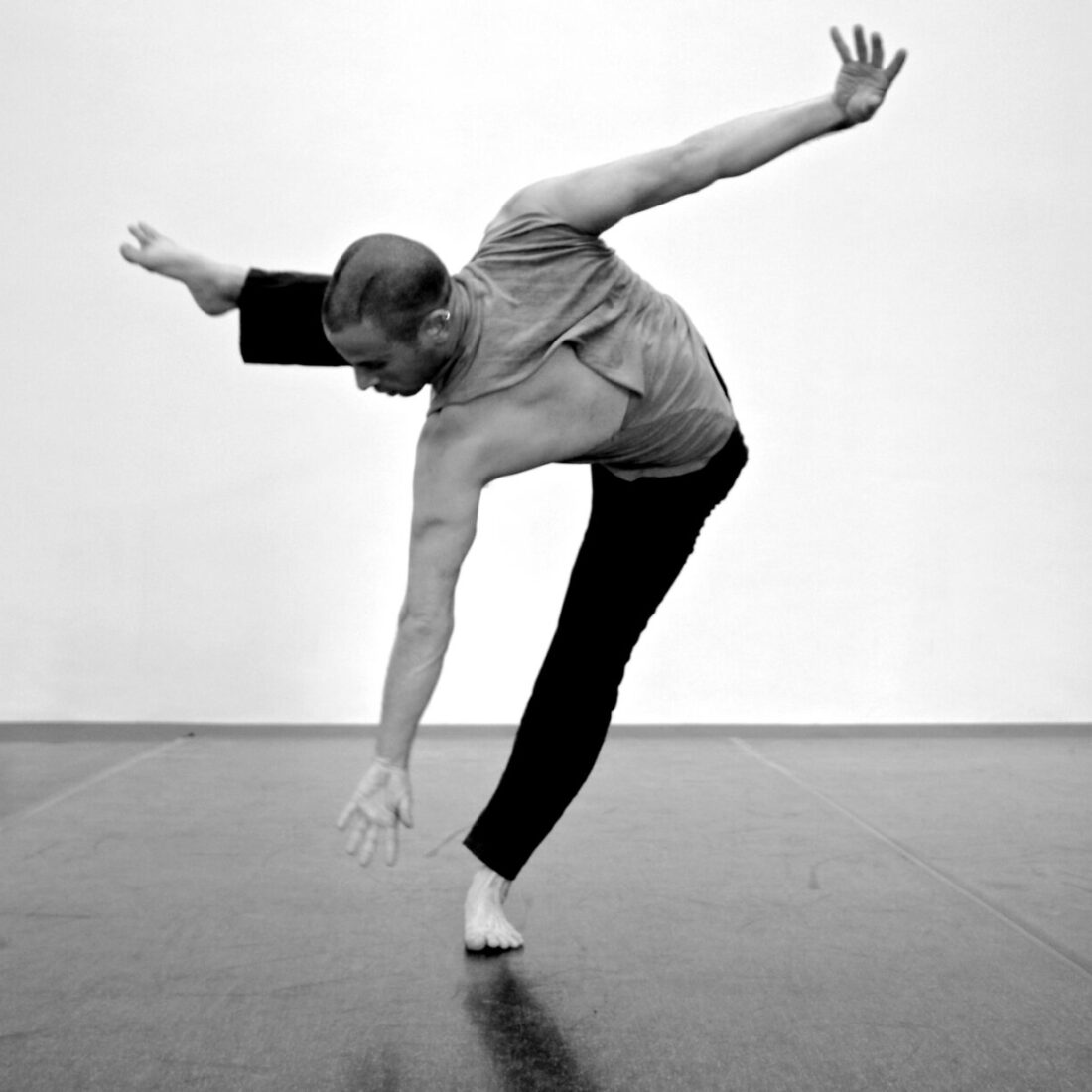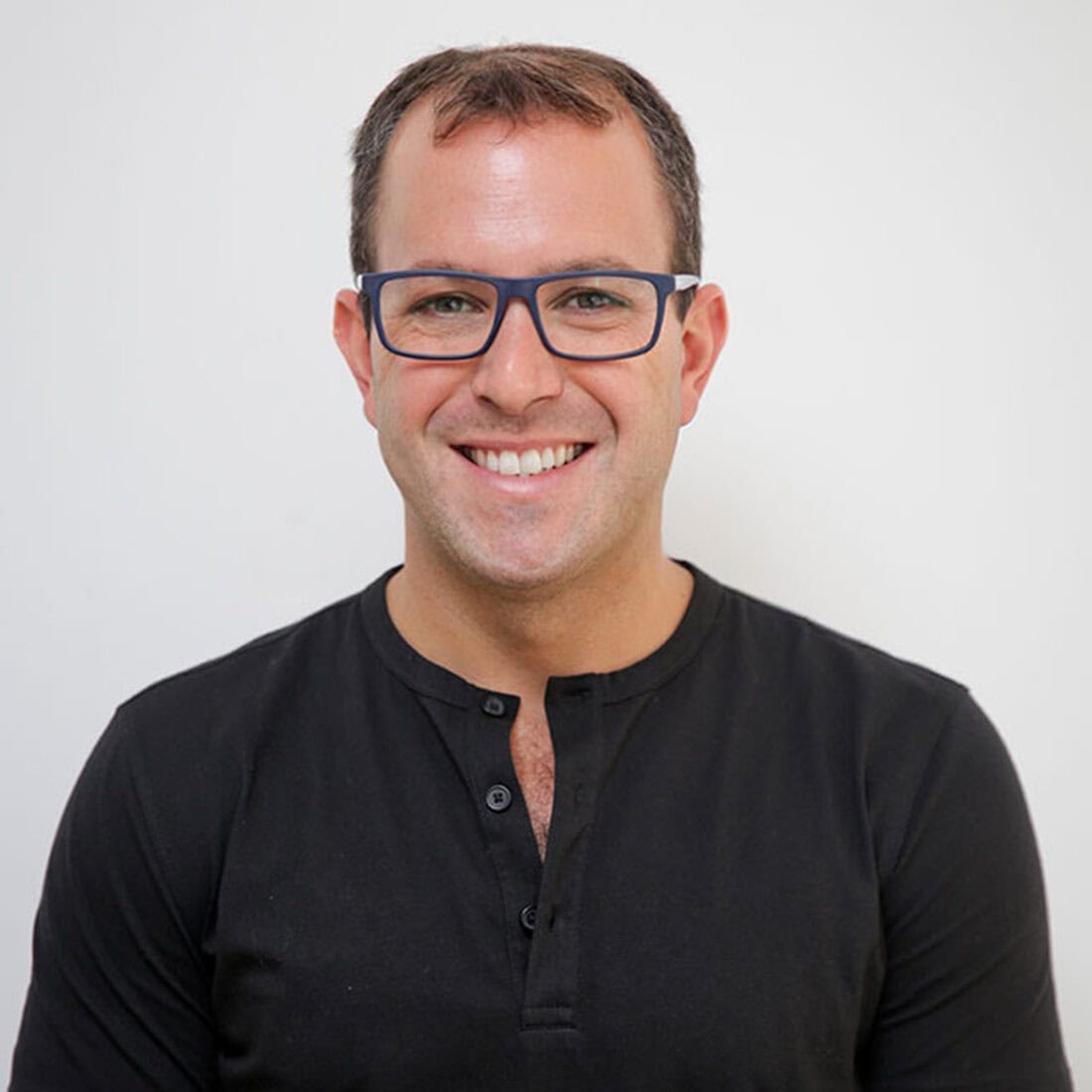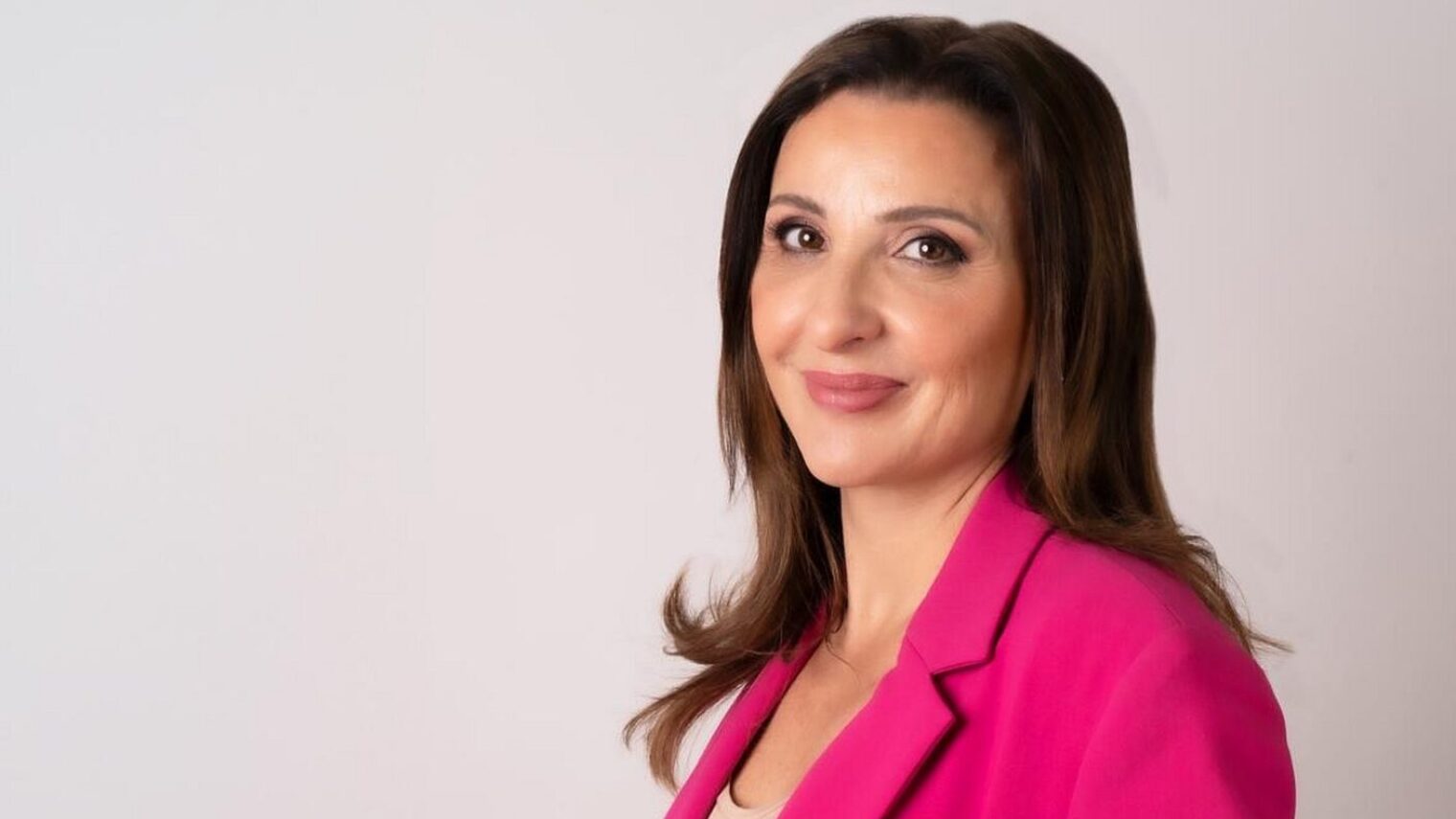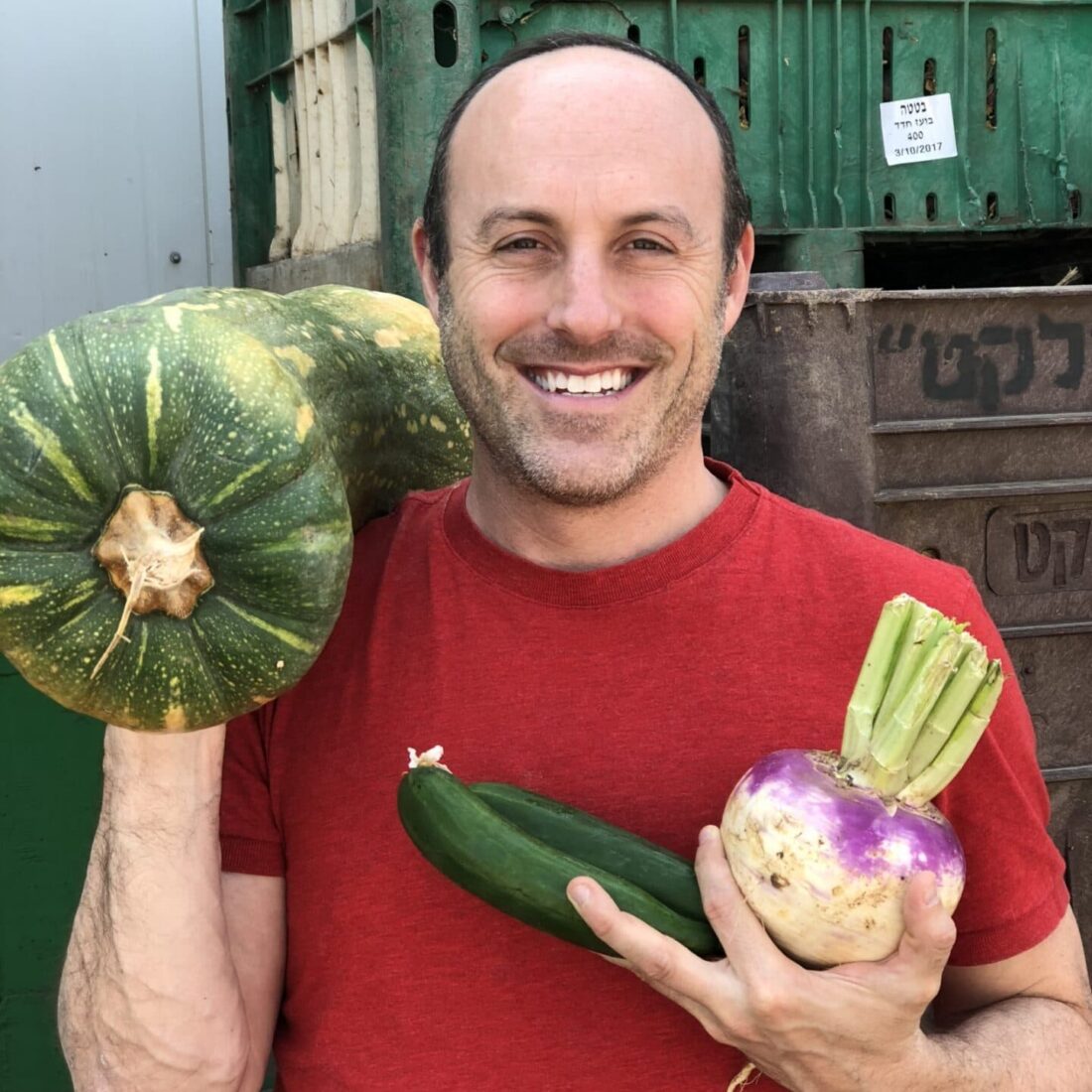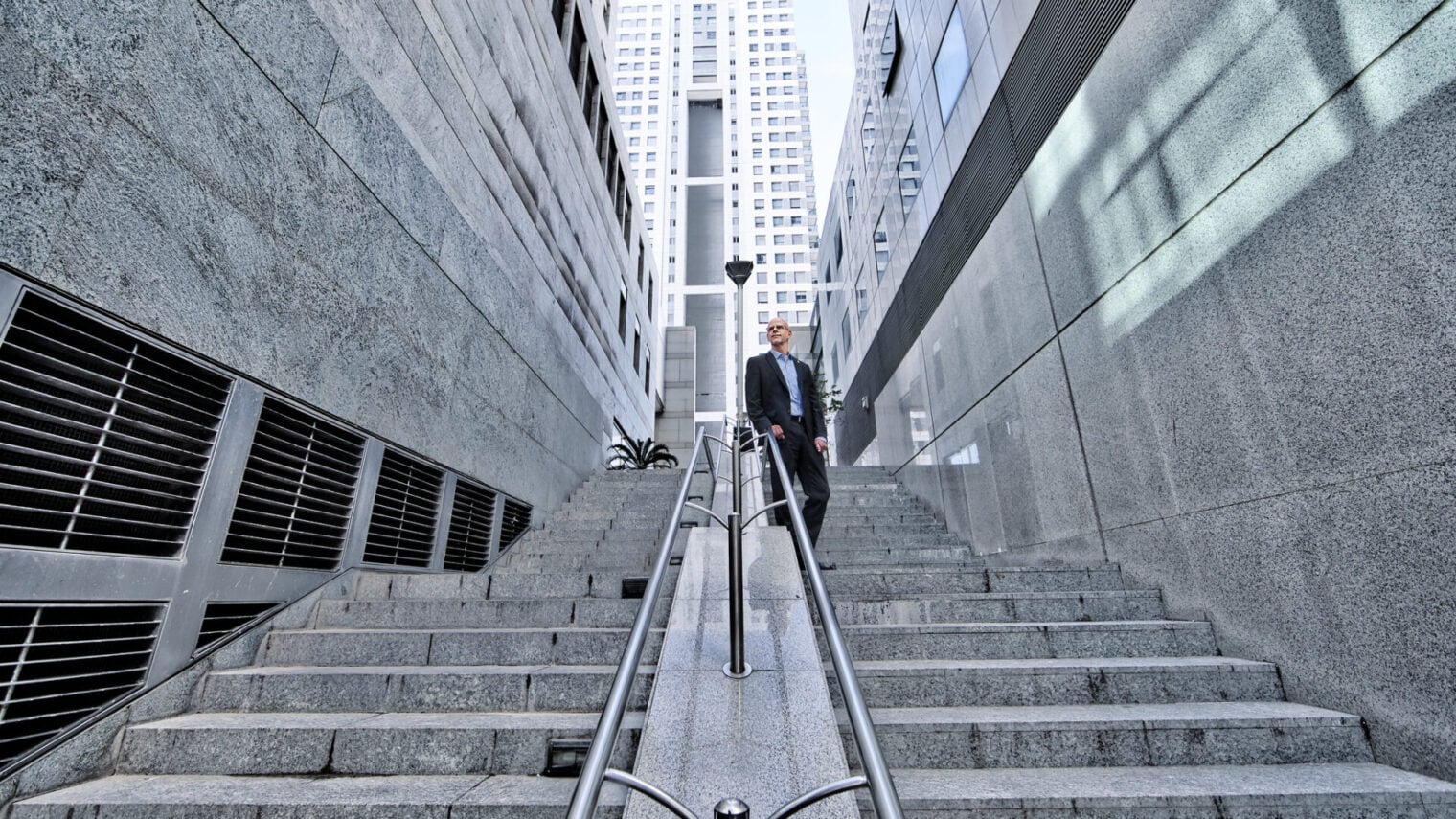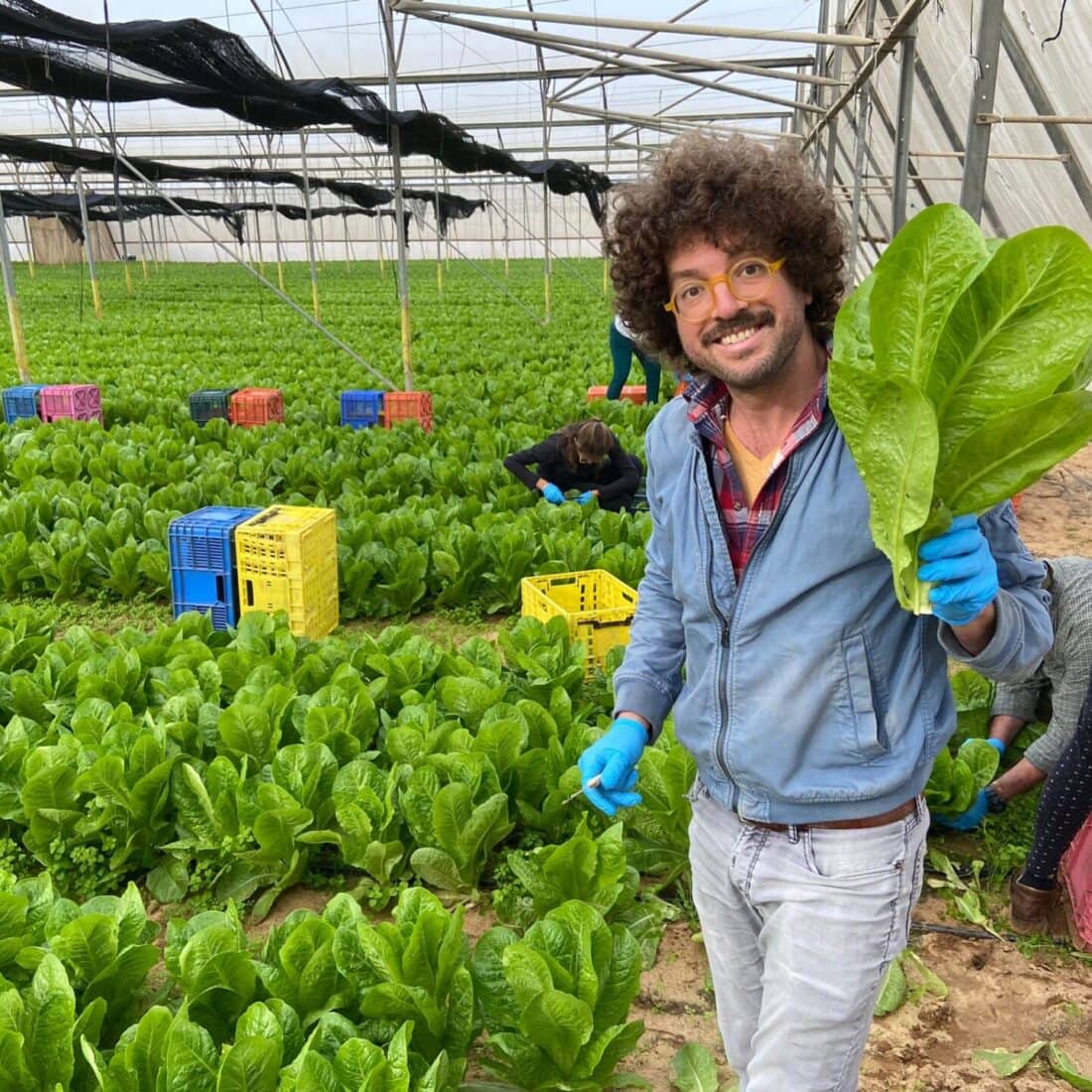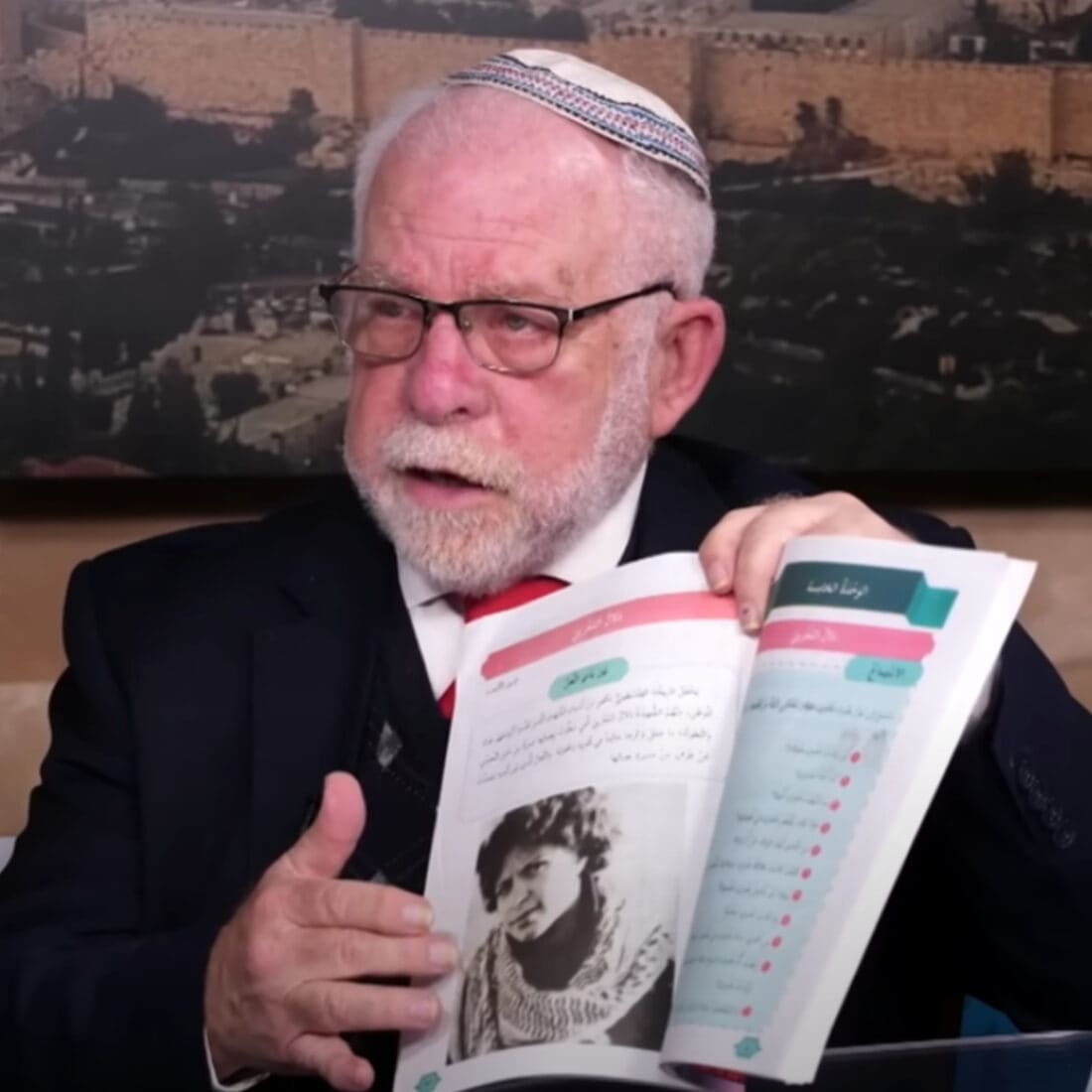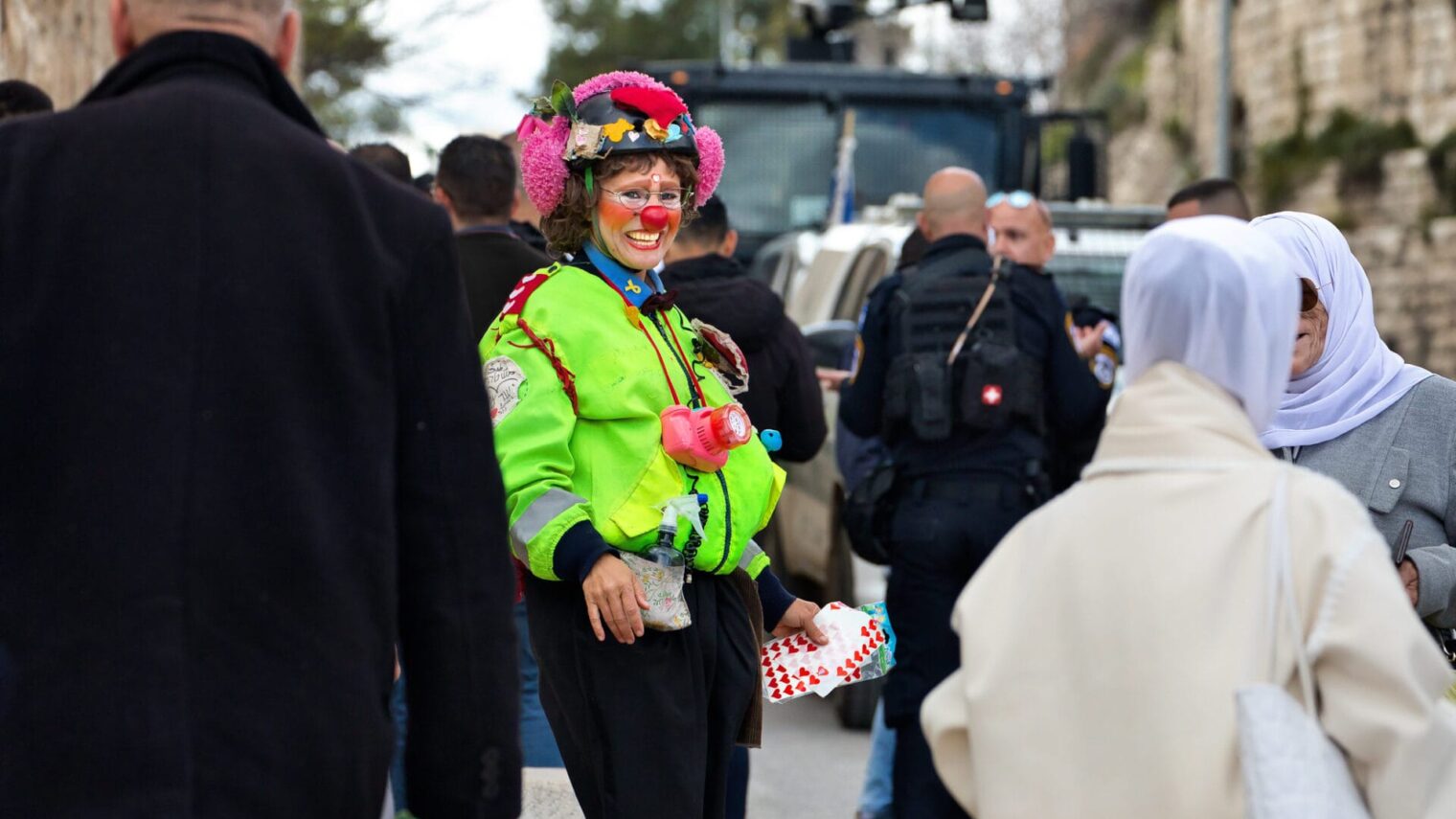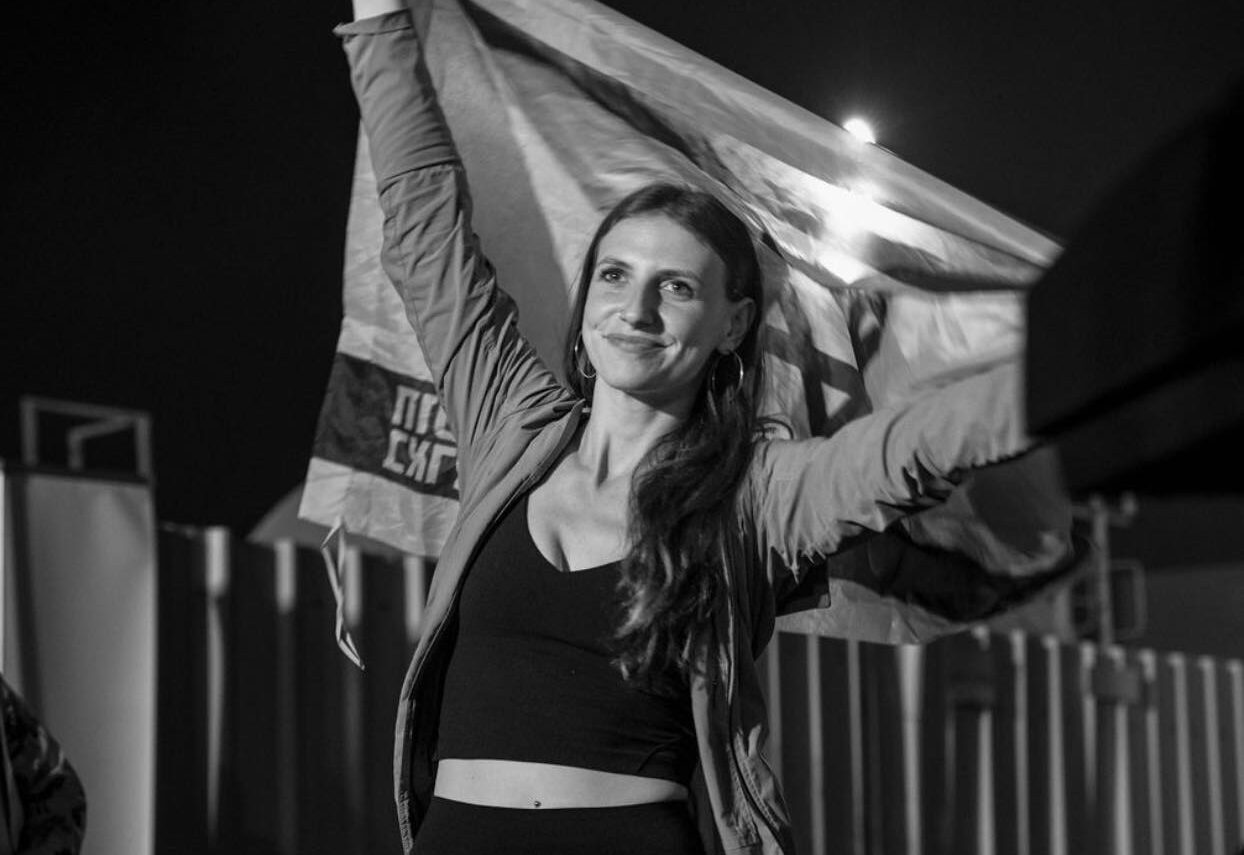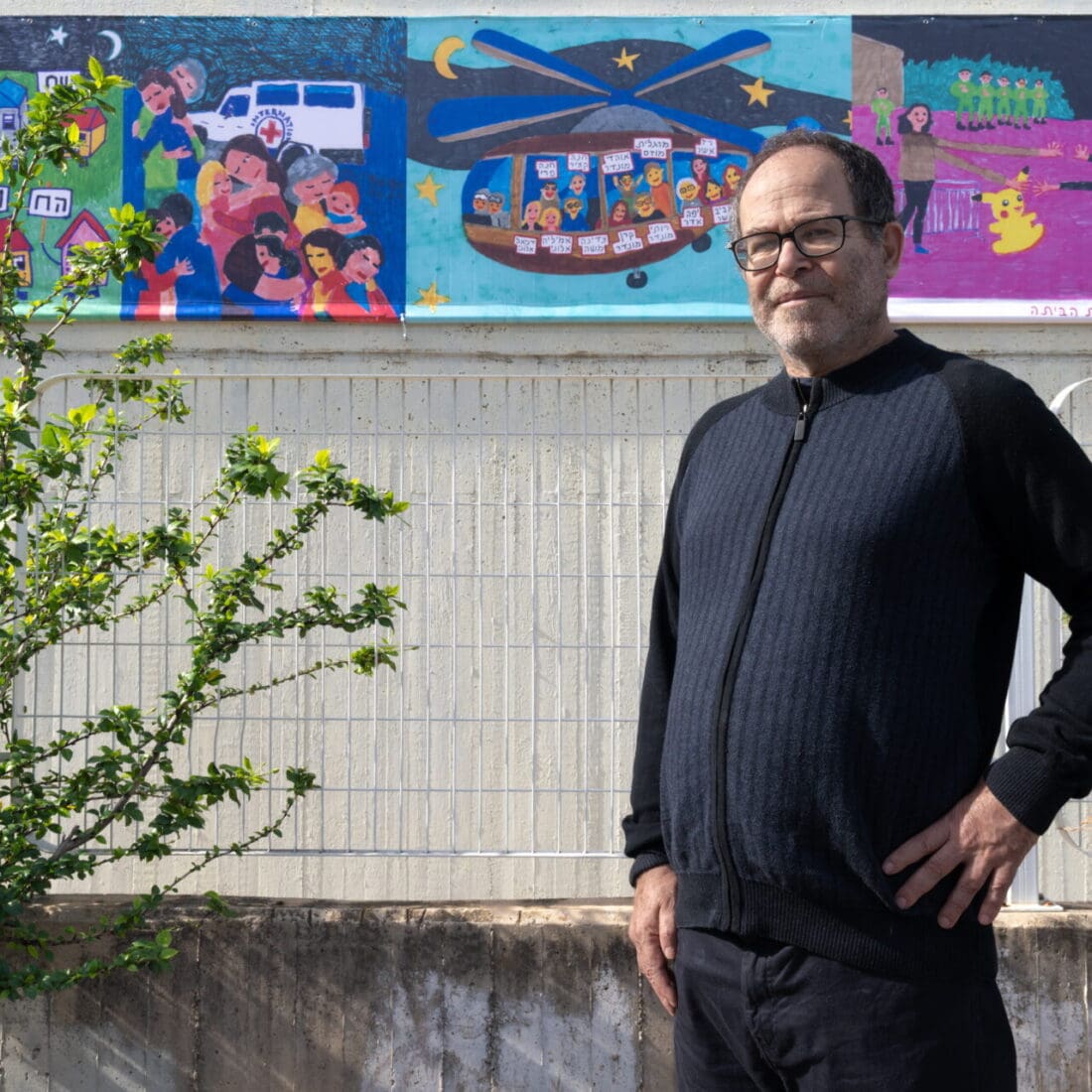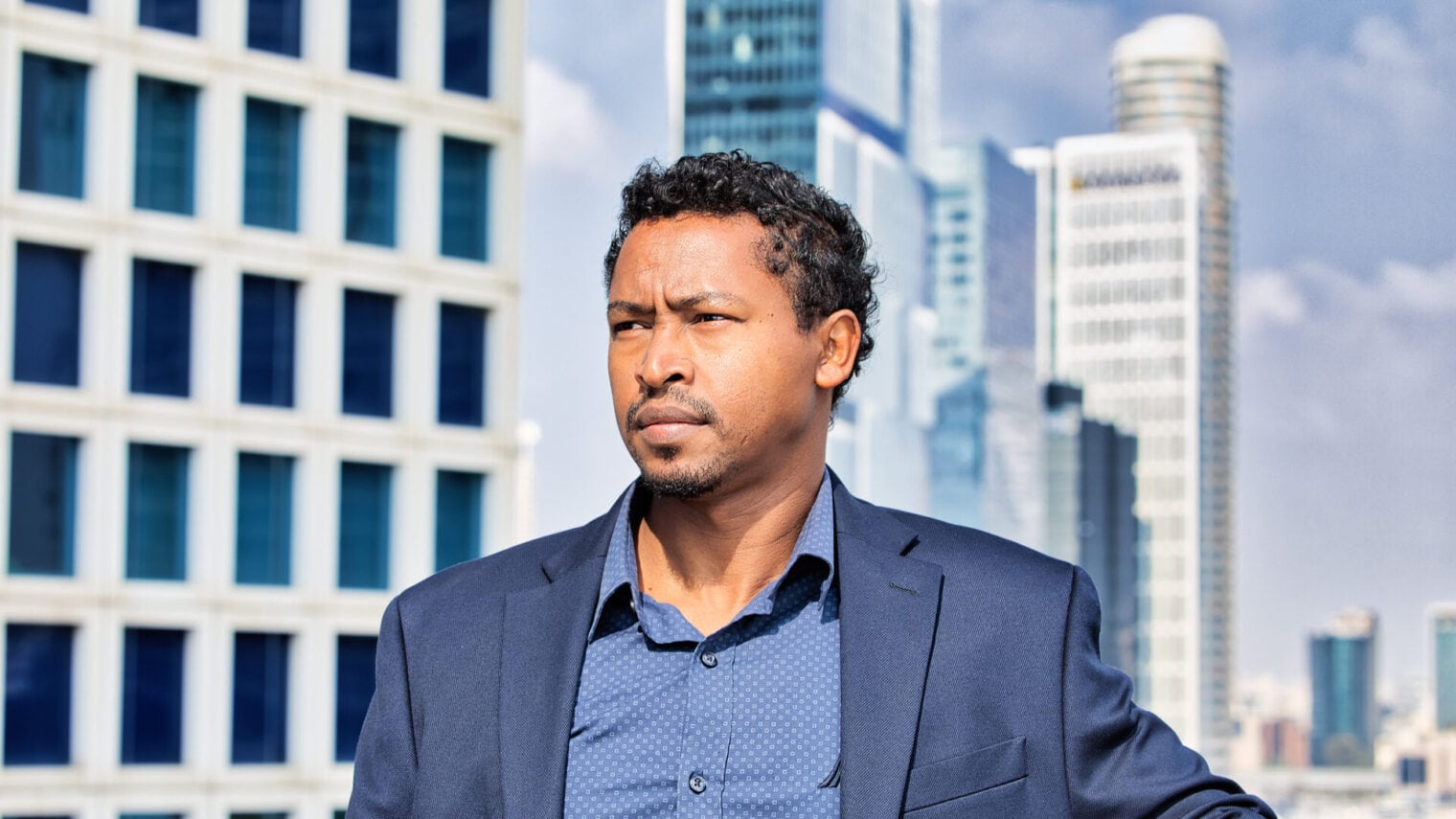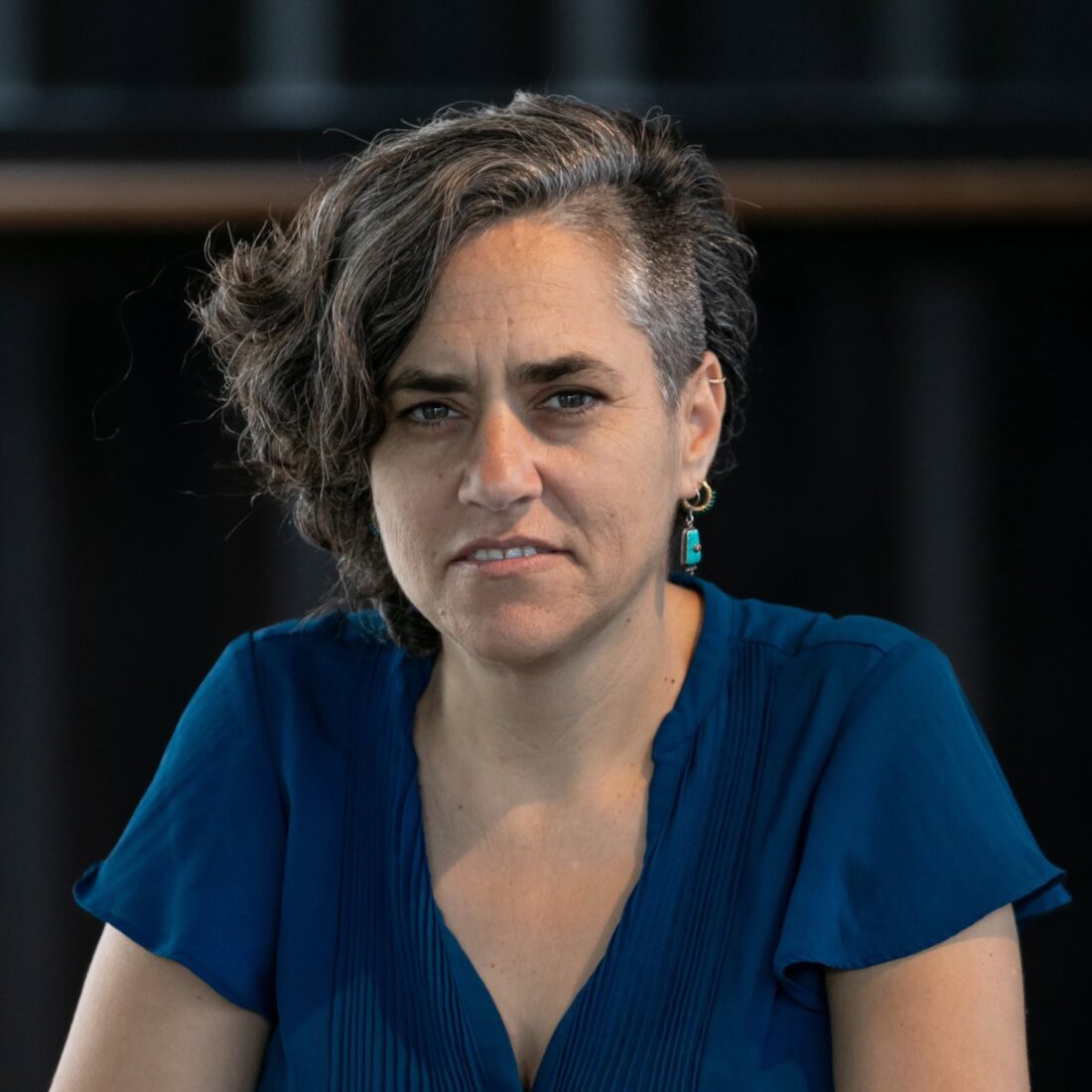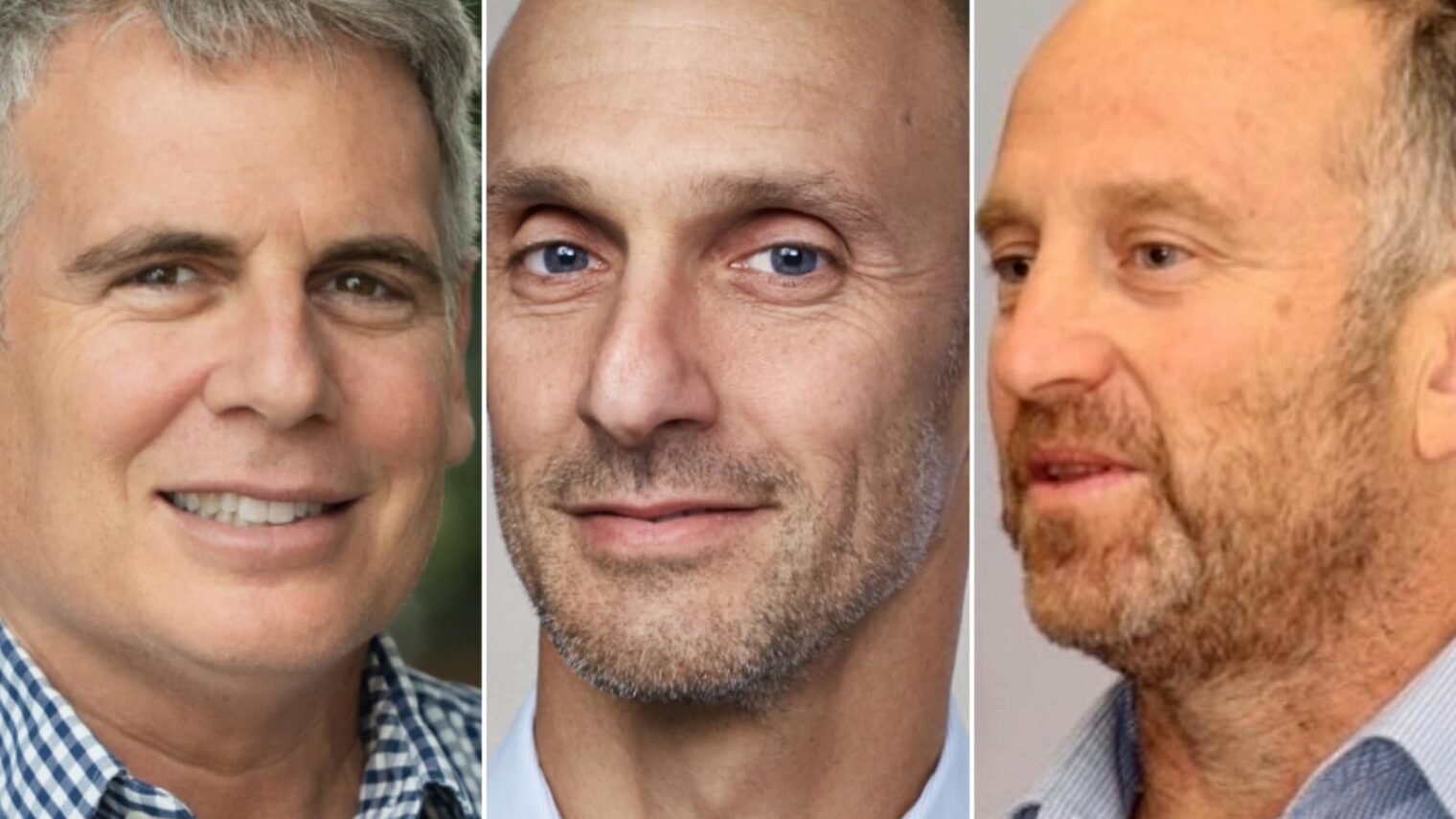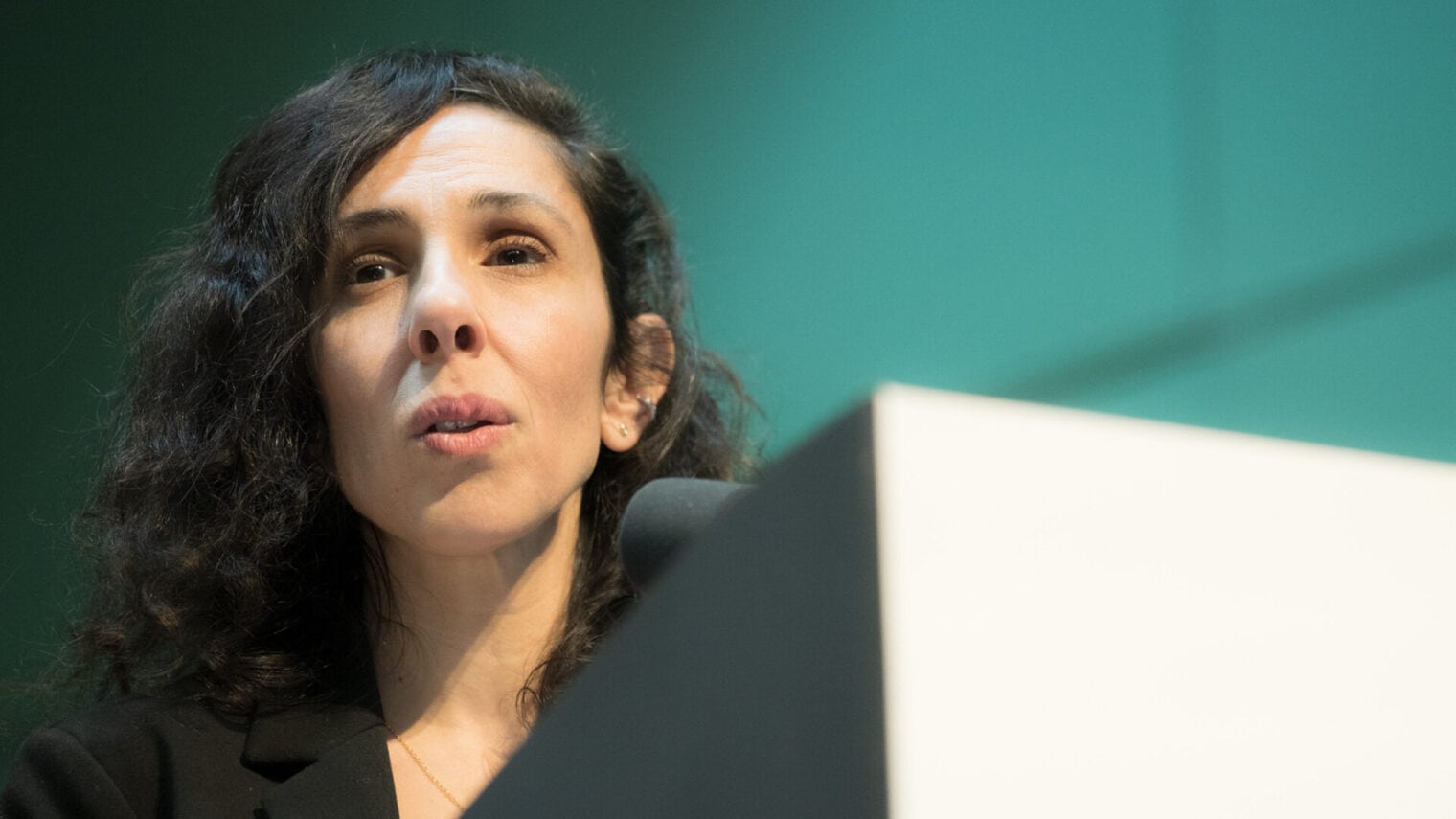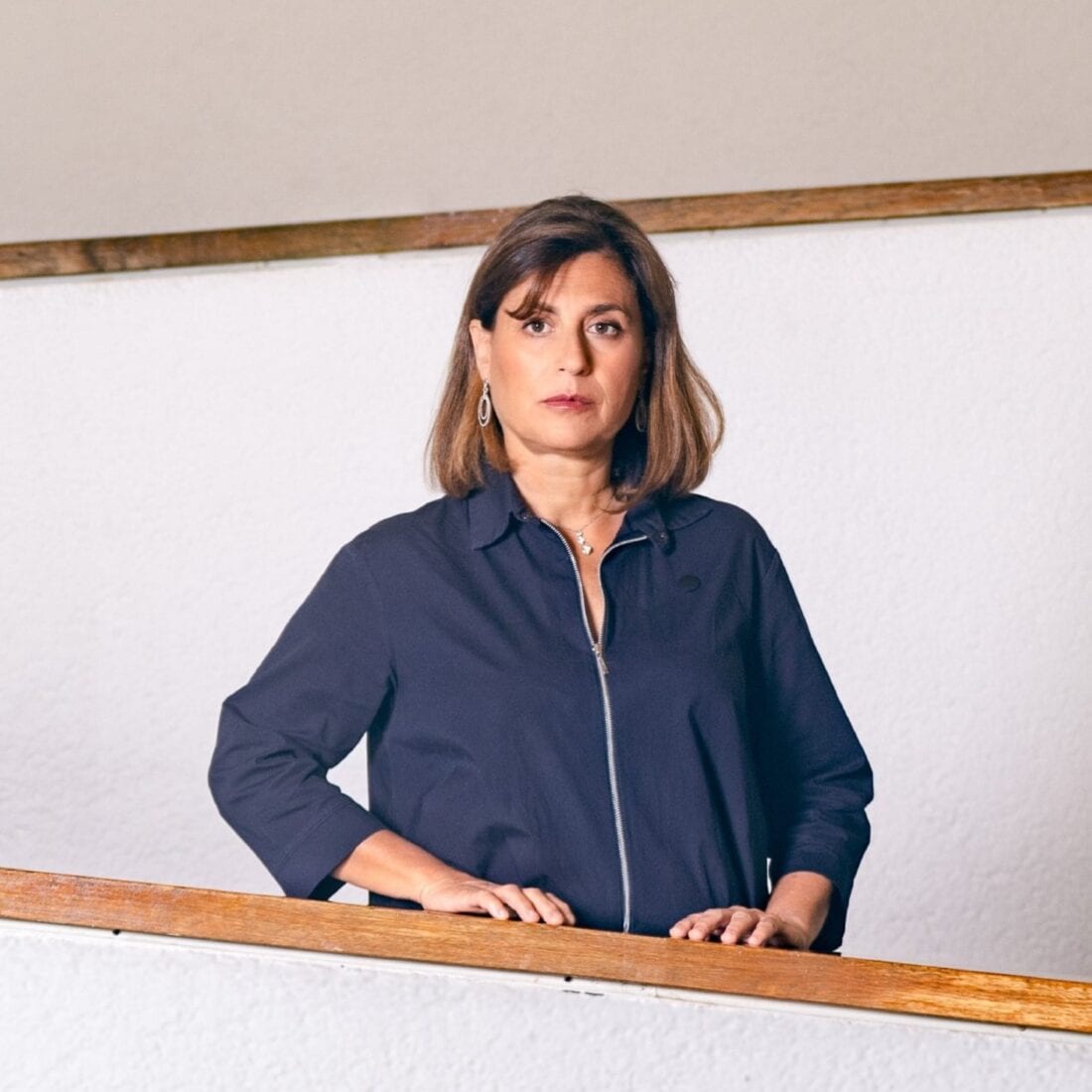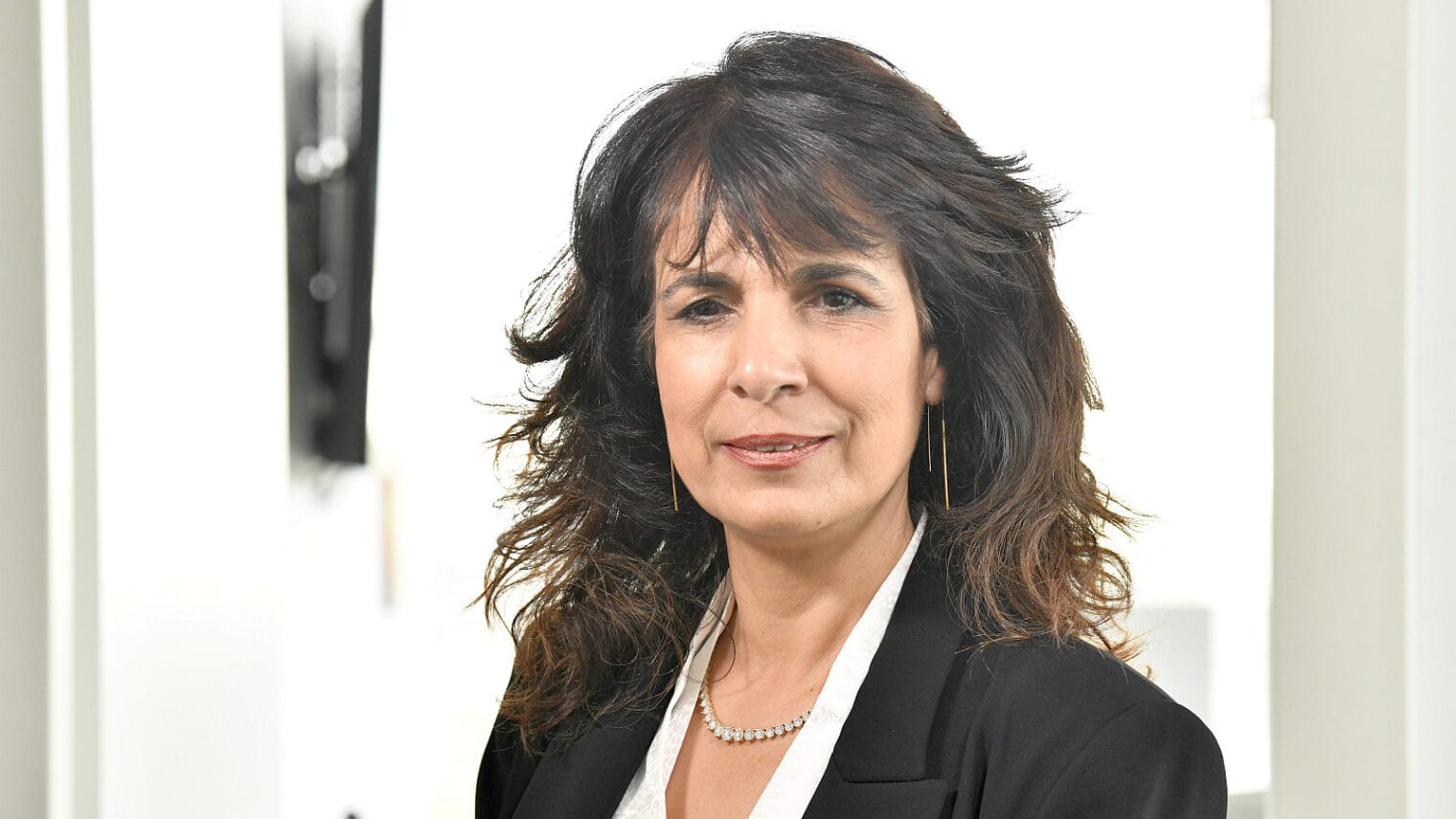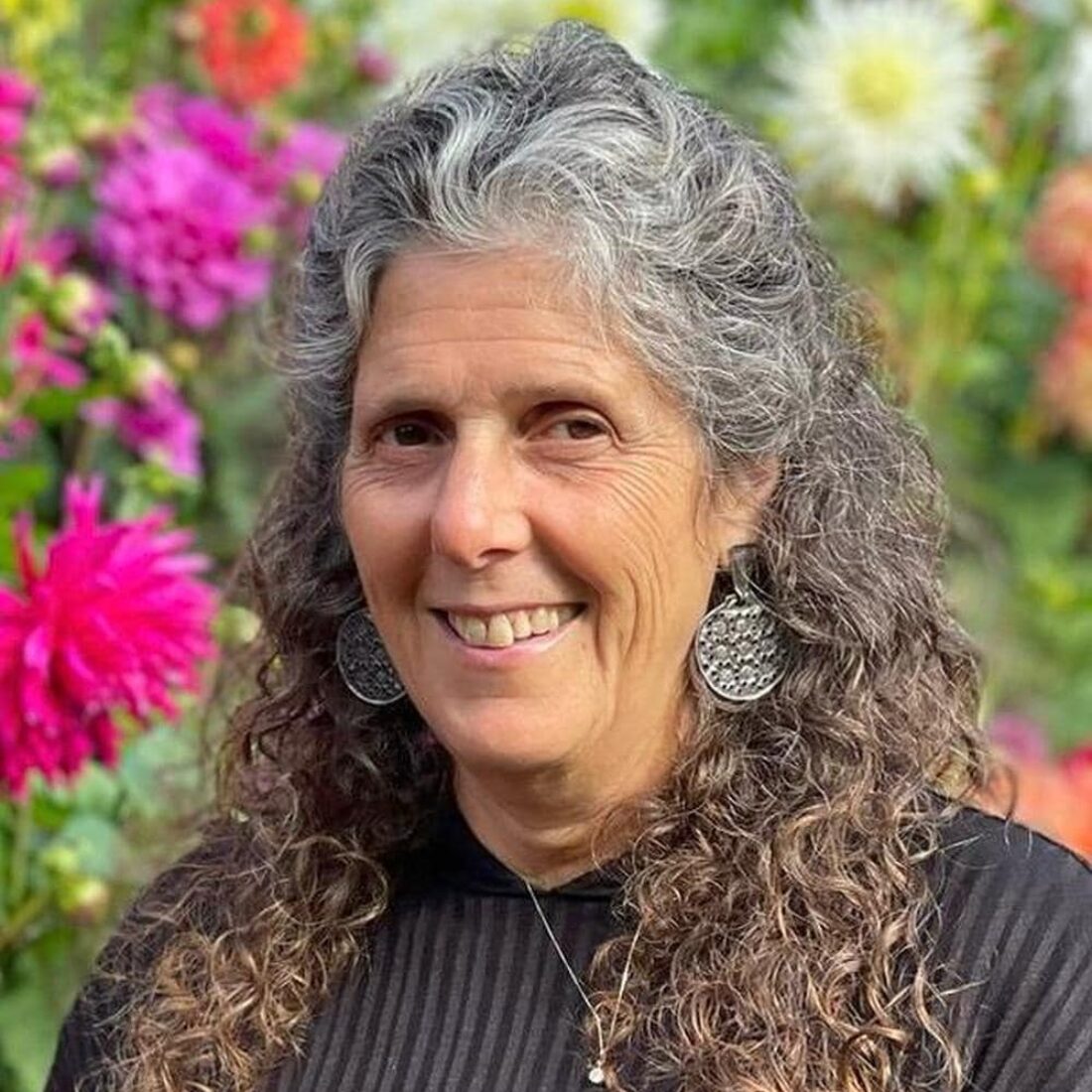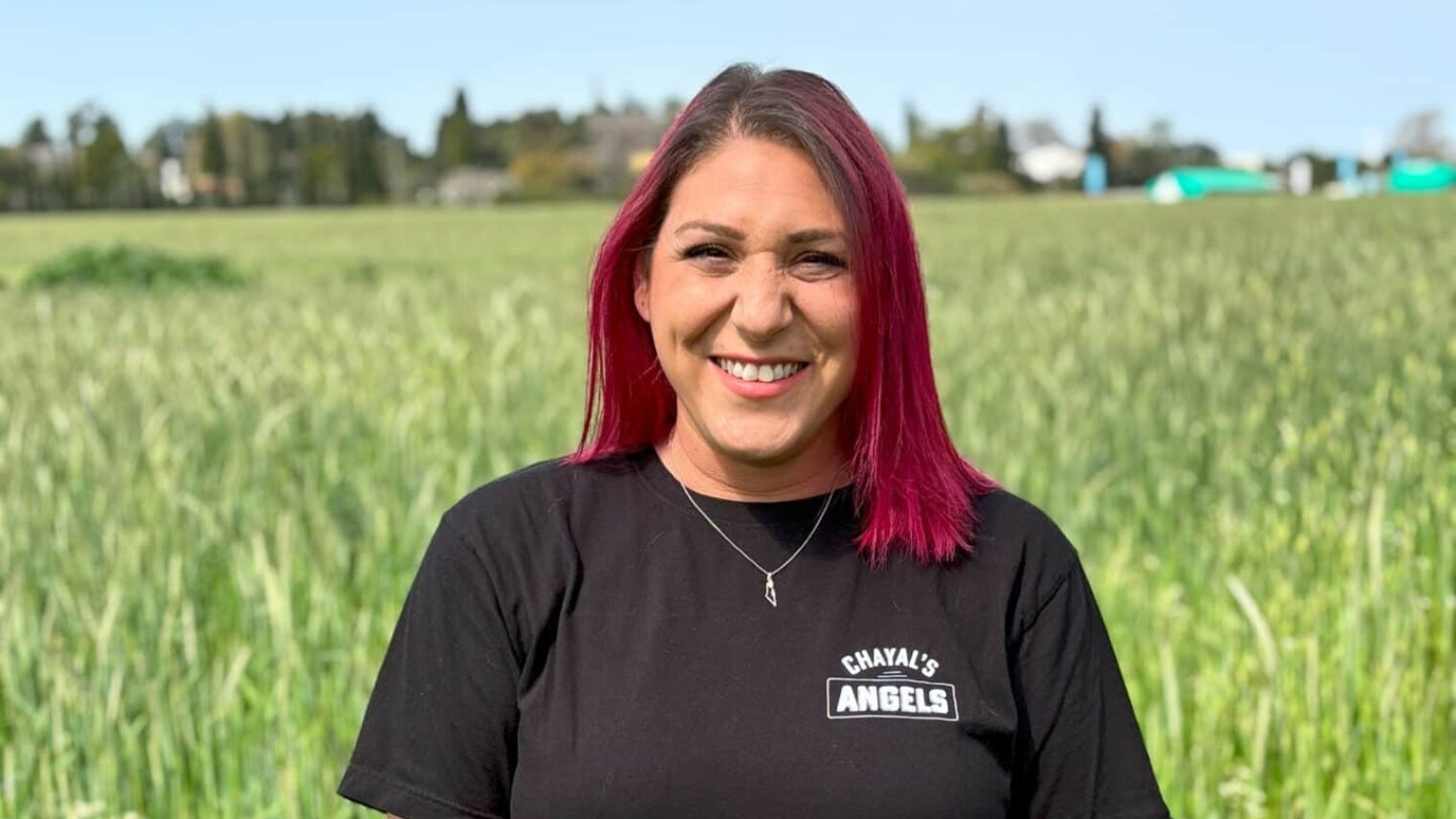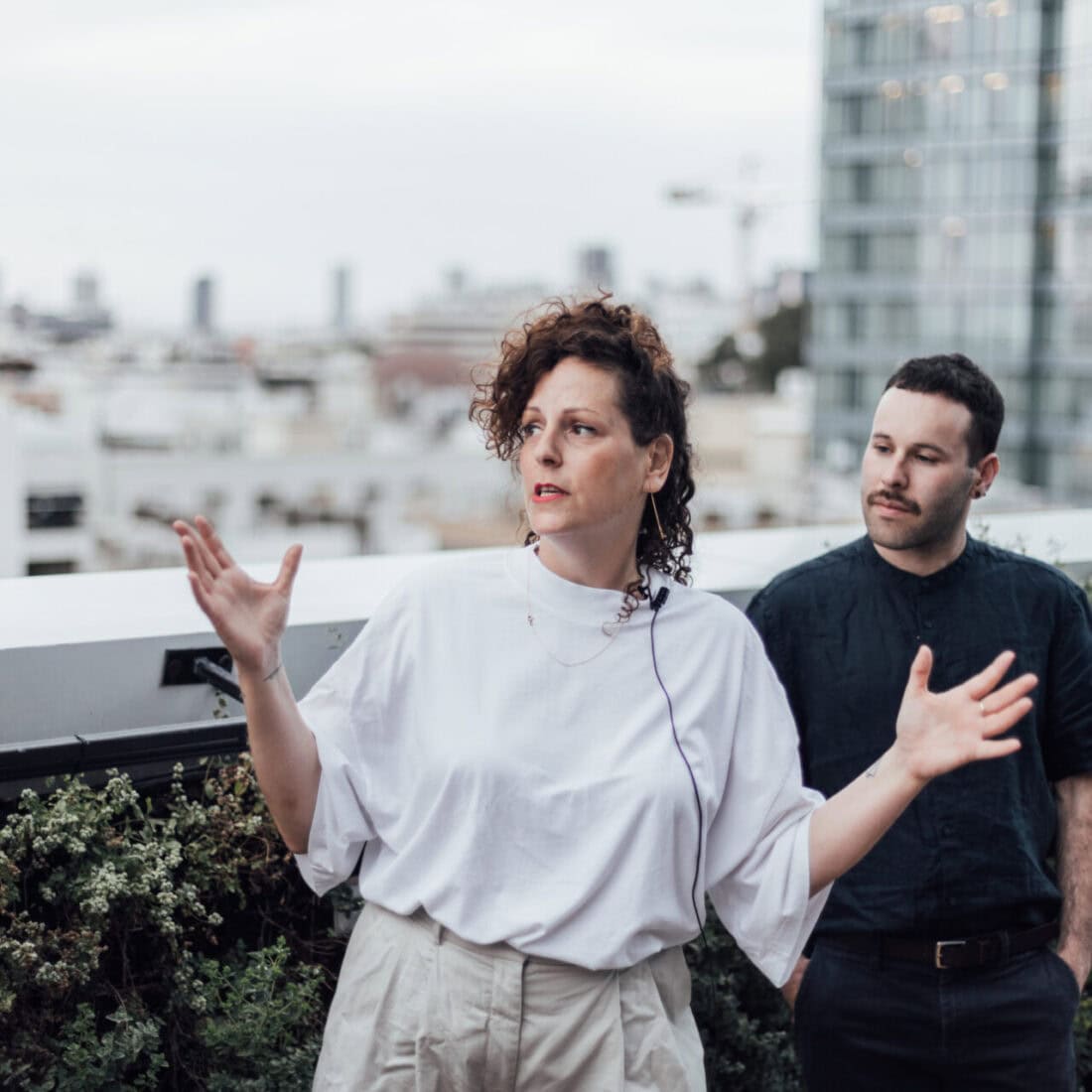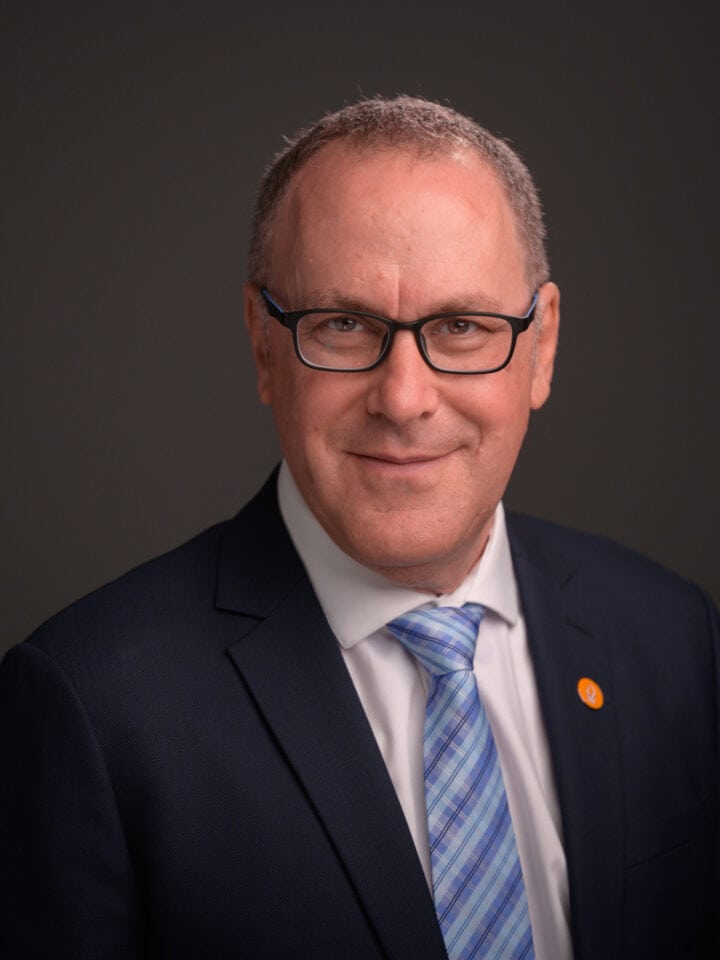On October 13th, almost a week after the brutal Hamas attack on Israel, my husband and I drove down to visit my son on his base in southern Israel.
Like so many Israelis, he had been called up for the Israel Defense Forces reserves on October 7th, packed a bag, and driven south immediately.
He was one of 360,000 reserve soldiers who answered the call that day and in the days afterwards. But it was only as we neared the base that I truly understood what that meant.
Along the roads and carriageways, thousands of cars were parked on the hard shoulders on both sides of the road. With no space left in base car parks, the reservists had parked wherever they could and the lines of cars went on for miles and miles, a huge and unexpected display of Israeli unity and strength that brought a lump to my throat.
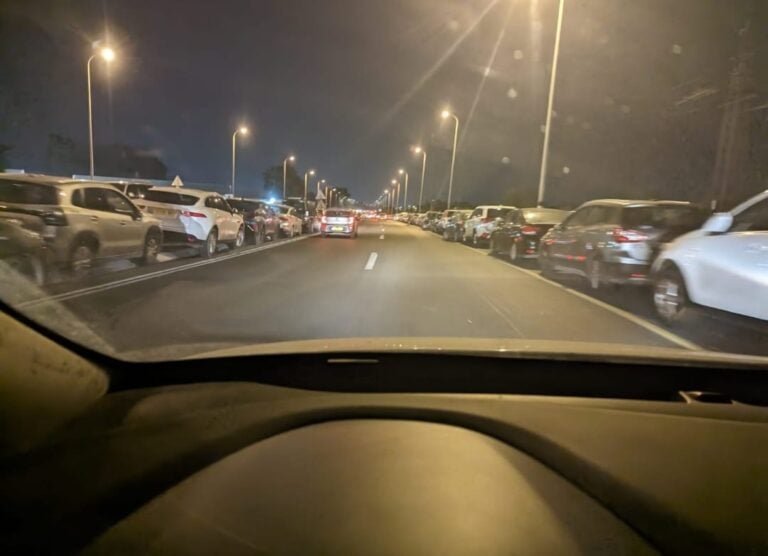
Israel is a small country, with a small army that cannot survive without its reserve soldiers. Israel’s first prime minister, David Ben-Gurion, was quick to understand this. He established the reserve corps for people who have already served in the military, so the country would be able to call on additional reinforcements during times of emergency.
Serving in the reserves is mandatory, and is part of the national ethos. Normally reserve soldiers can expect to serve around 20 days a year, often less. The last time the entire reserve force was mobilized was the Yom Kippur War in 1973. In all the operations since then and up to October 7th, only part of the reserve army was mobilized.
The people who responded on October 7th, and in the months that have followed, are students, doctors, nurses, engineers, programmers, teachers, gardeners, chefs, shopkeepers, wives, husbands, daughters — even grandparents. They are Jewish, Bedouin, Druze and Christian.
All of them dropped everything to come, leaving their families and work at a time of enormous stress and uncertainty.
They came from all over Israel, and even from beyond, flying back from holidays, trips and studies or work abroad, to get back to Israel to serve.
Some of them were famous – like actor Tomer Capone, and Fauda stars Tzachi Halevi and Idan Amedi, who was seriously injured in Gaza. Celebrity chef Assaf Granit flew back from Europe, leaving his restaurants behind, to serve as a military medic in the south of Israel.
Others were in the midst of significant deals, or developing innovations that they hoped would make a difference to the world.
In Israel, people serve in the reserves until they are in their 40s depending on their unit, but on October 7th people of all ages turned up on their bases ready to fight and preserve the country, including Ezra Yakhin, a 95-year-old who fought in Israel’s underground paramilitary Lehi organization in 1944, and returned to uniform to help boost morale.
It’s not easy to drop everything.
Especially when it’s not a day or a week that you are giving up, but in many cases months of your life.
“All of them dropped everything to come, leaving their families and work at a time of enormous stress and uncertainty.”
And each of the reservists who responded left others behind who had to fill in the gaps of their absence. Israel became a nation of single parents, with grandparents, friends and neighbors filling in.
Schools were left without teachers, universities without students and sometimes professors, hospitals without medical staff. Companies struggled to reach milestones despite the absence of vital staff.
Many self-employed reservists came back after serving several months to find their businesses in ruins. Civil group Brothers and Sisters in Arms estimates that at least 10 percent of those called up were small business owners.
Others came back suffering post-trauma, or needing rehab for life-changing wounds.
The truth is, without these people who generously gave up everything and in some cases were seriously injured or even sacrificed their lives, Israel could not survive. Without them, the country could not be strong.
It is these people, the reservists, their generosity and spirit, that we can thank for enabling us to even think about rebuilding, or to think about resilience.
So to my son, to his friends, and to all the other incredible men and women who have given so generously and for so long, thank you.
Israel owes you a huge debt of gratitude.
Written by Nicky Blackburn, Editor ISRAEL21c





